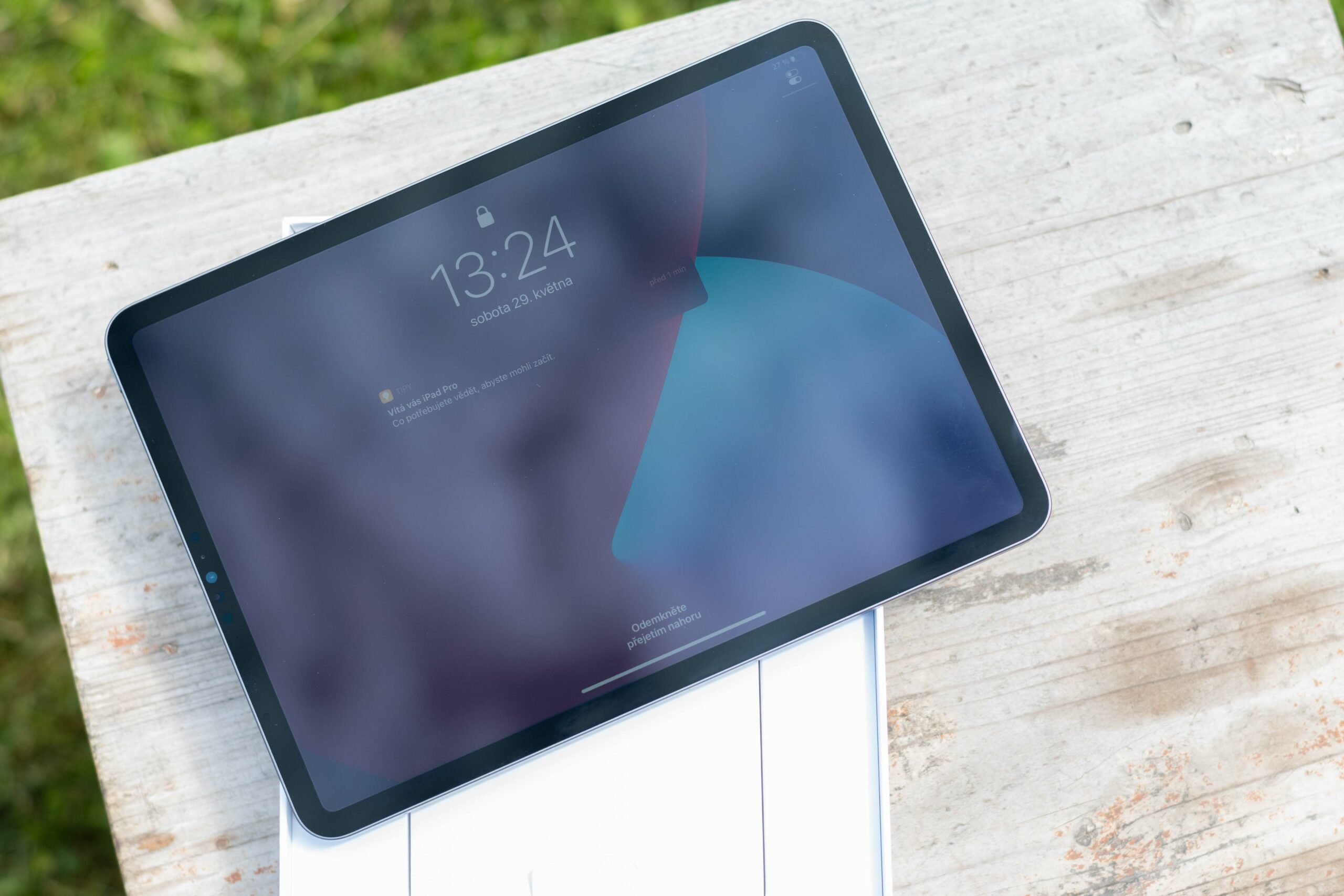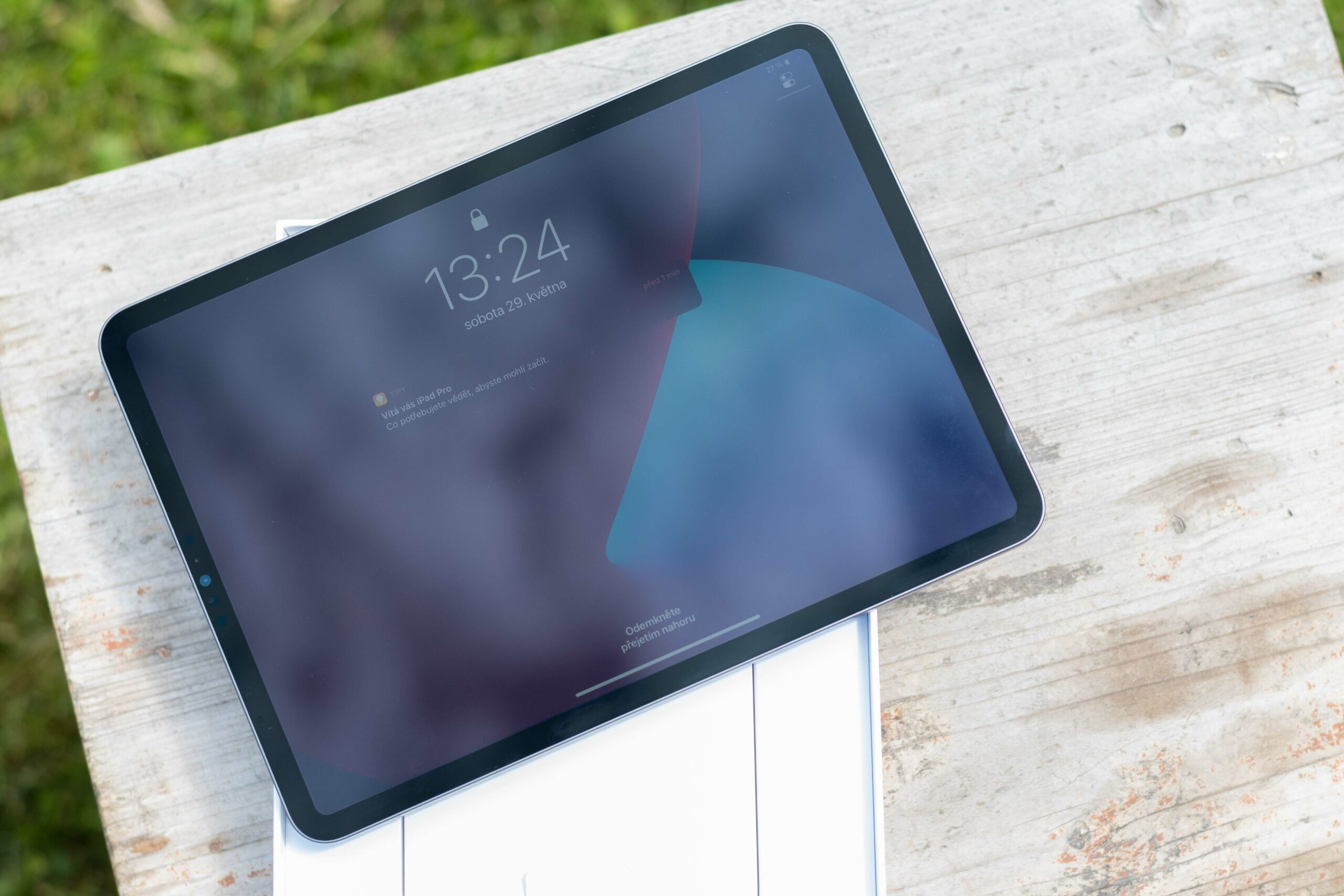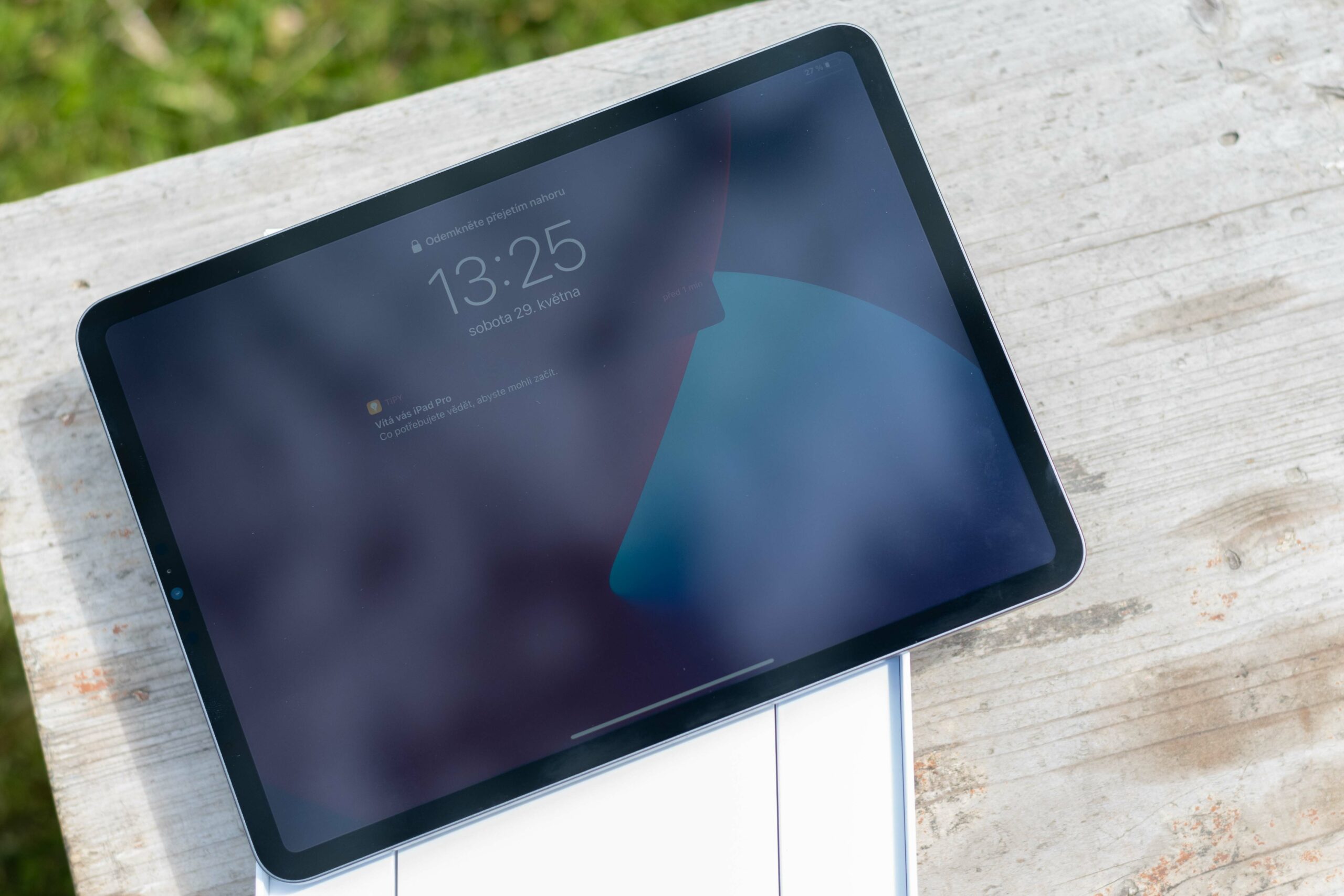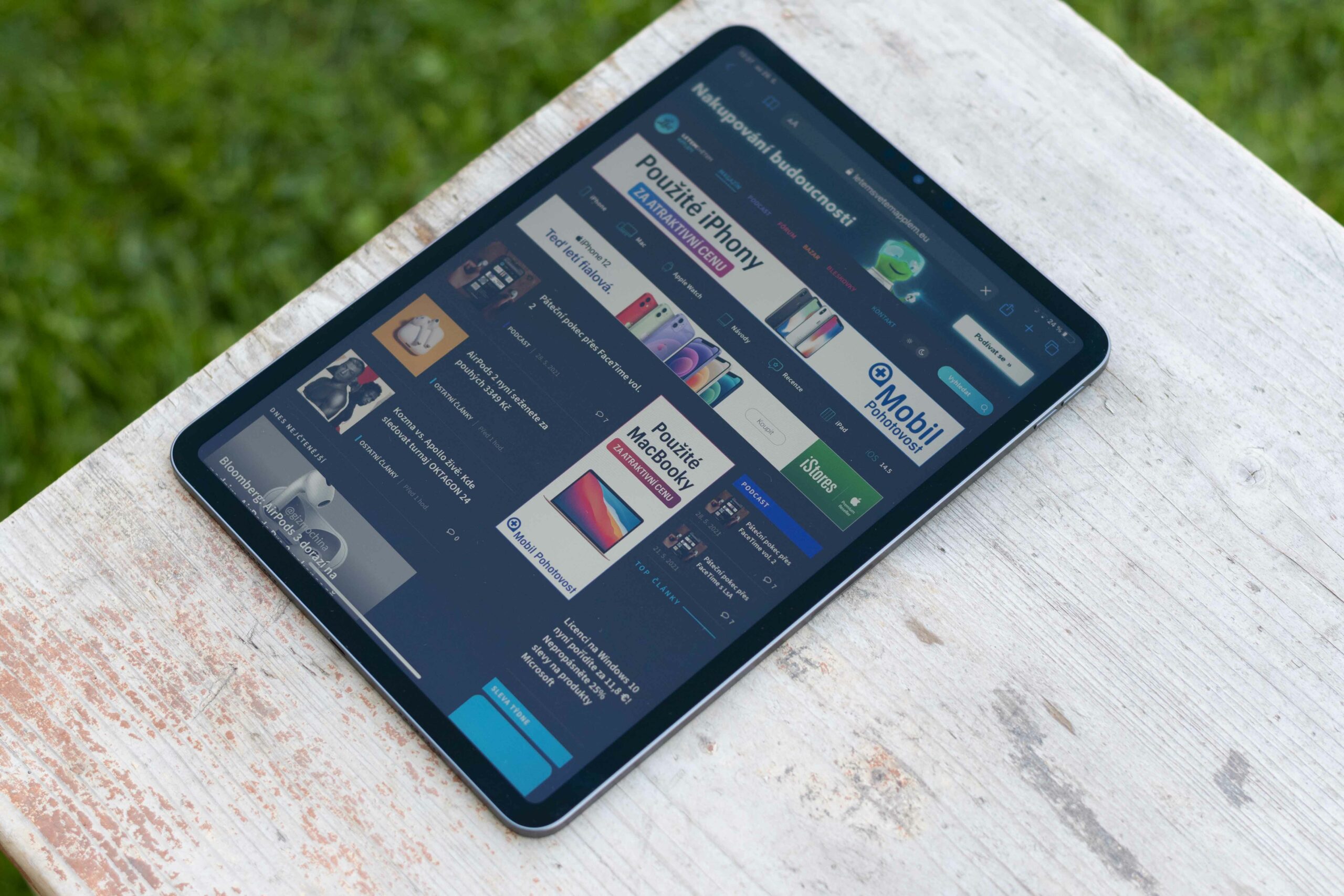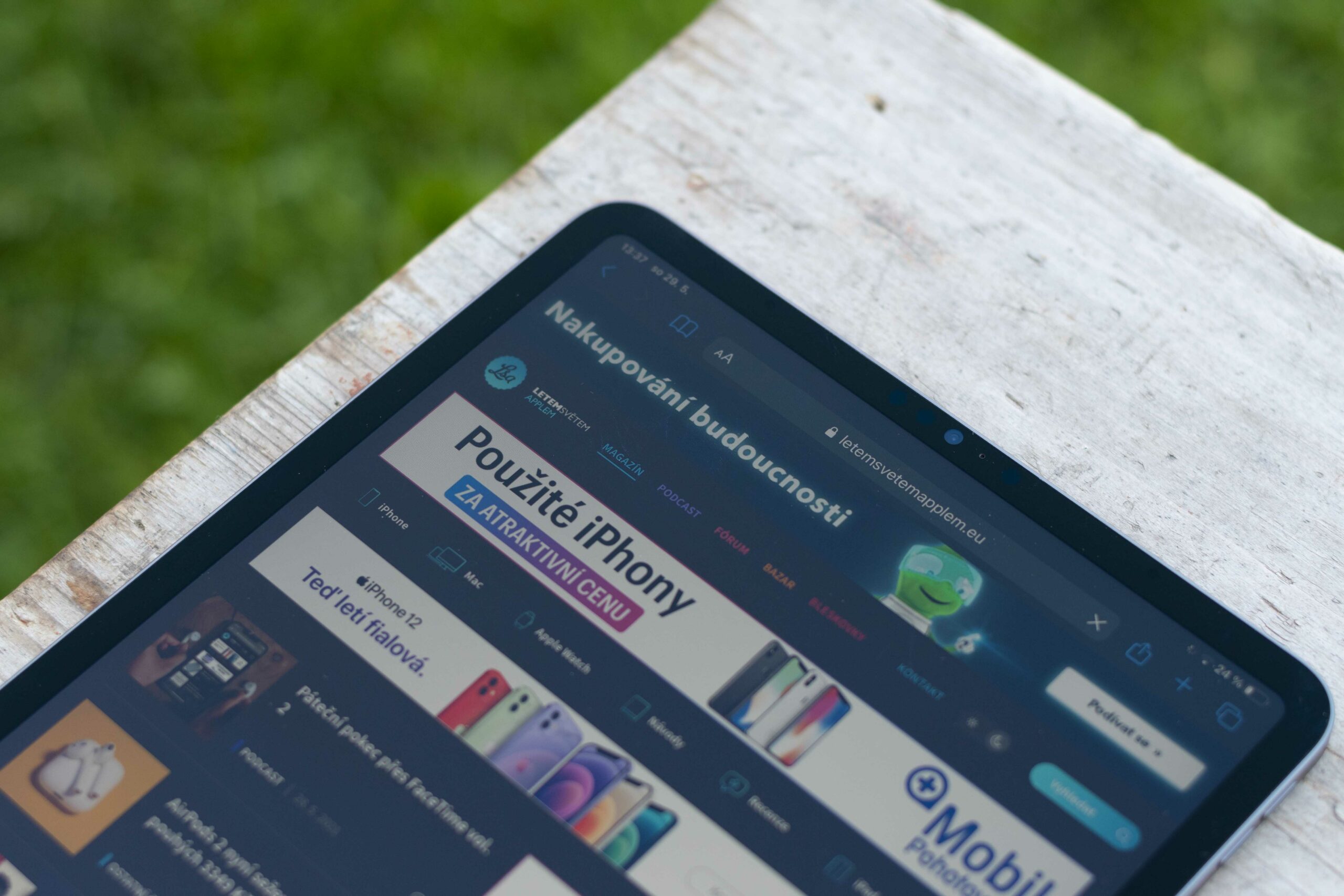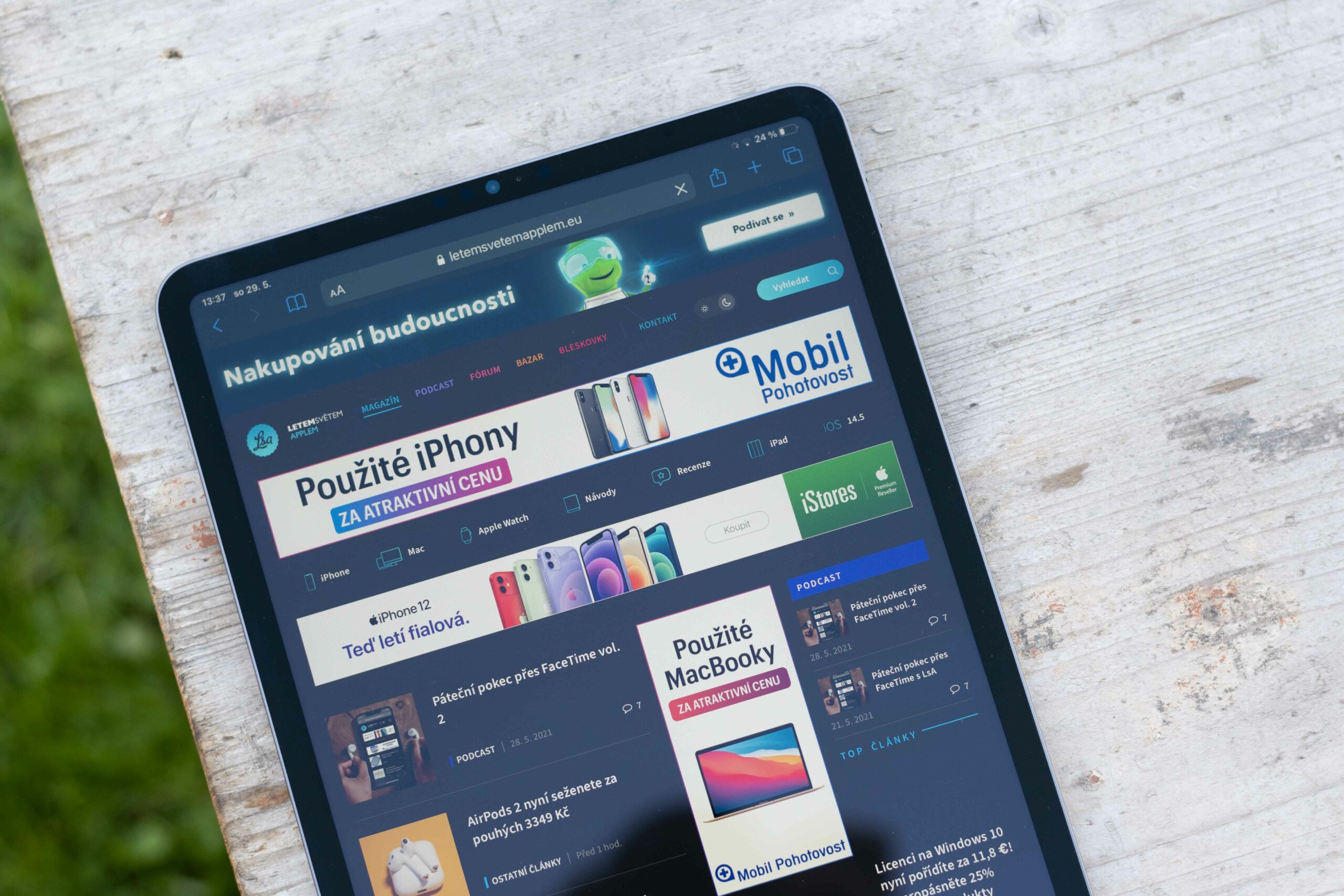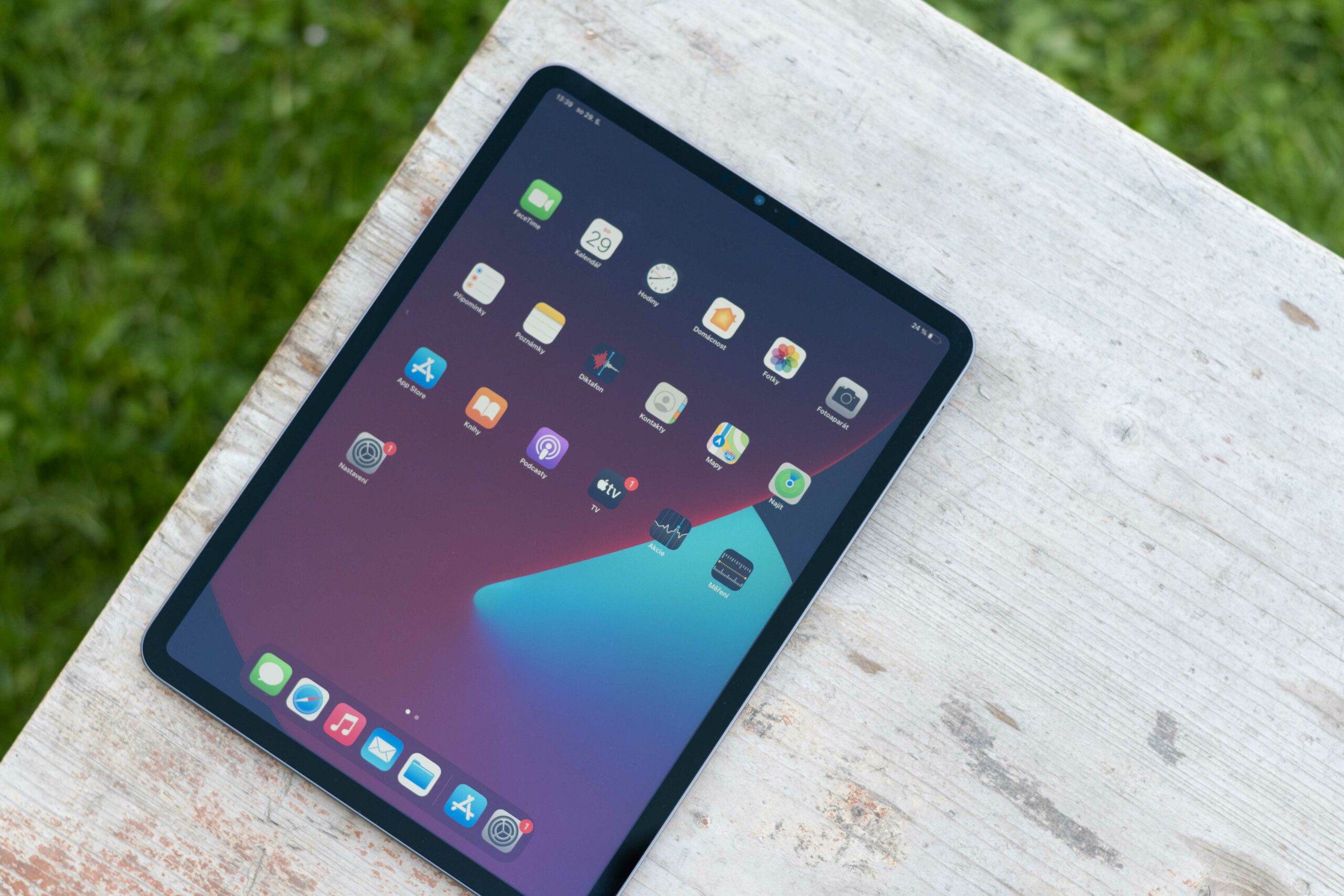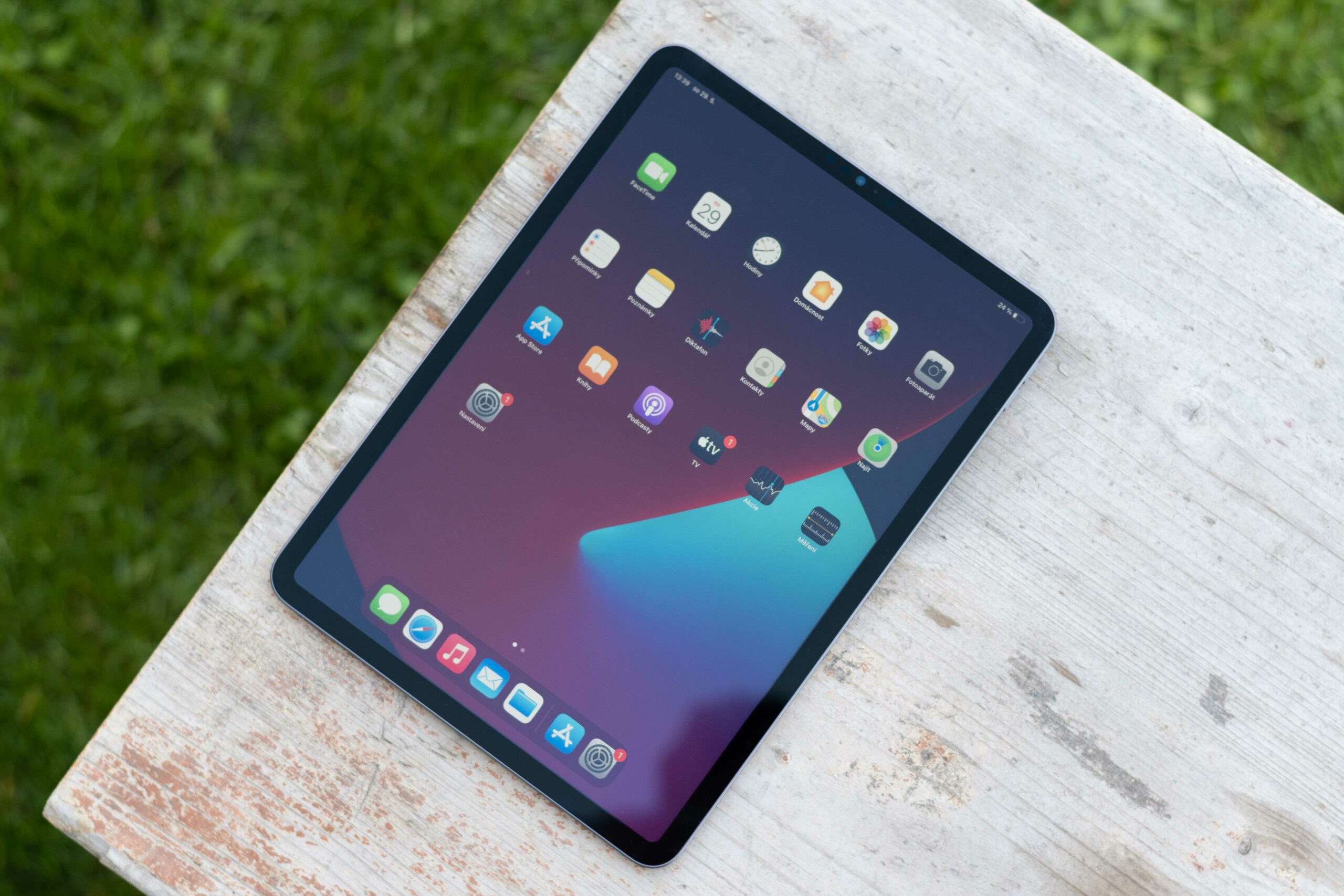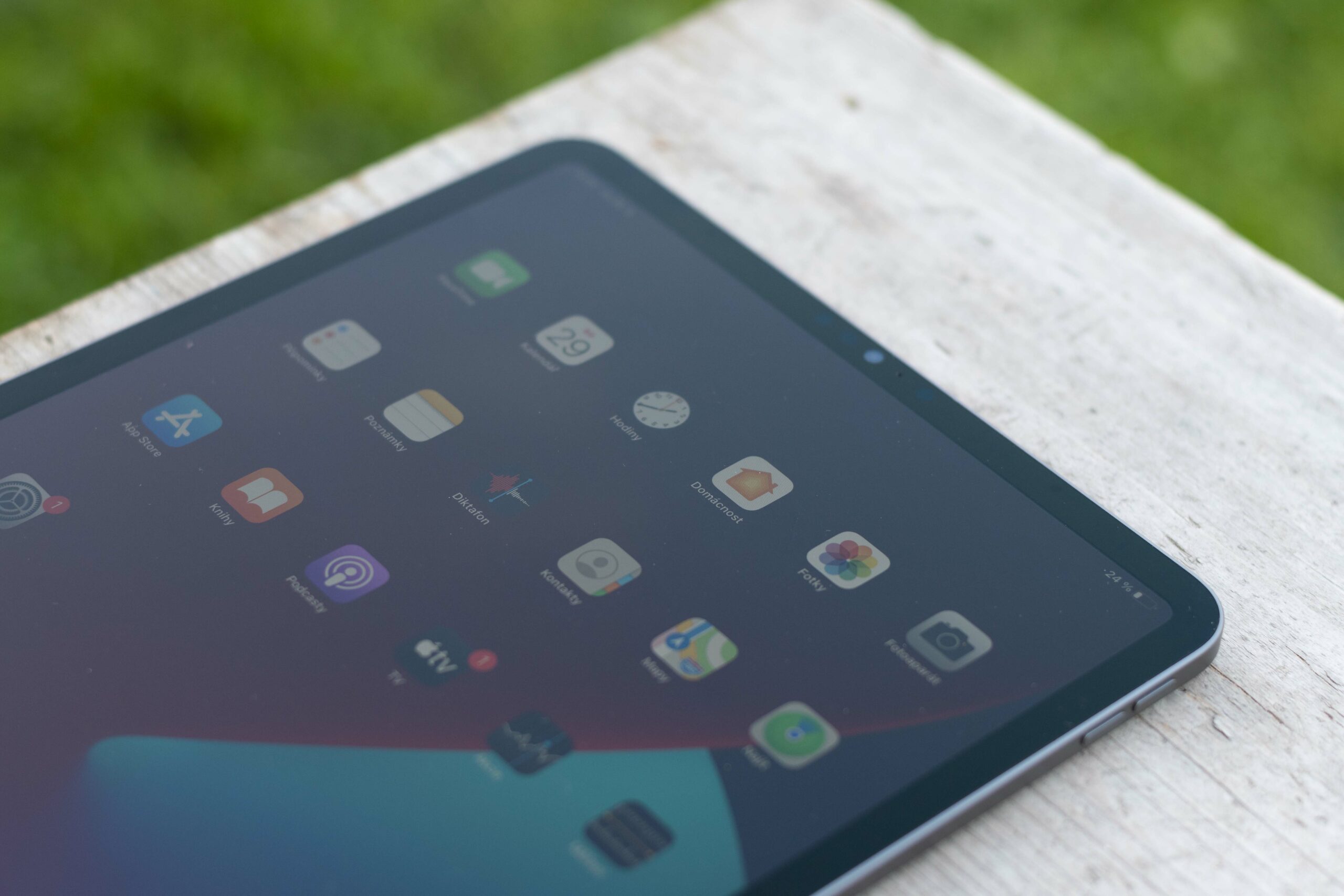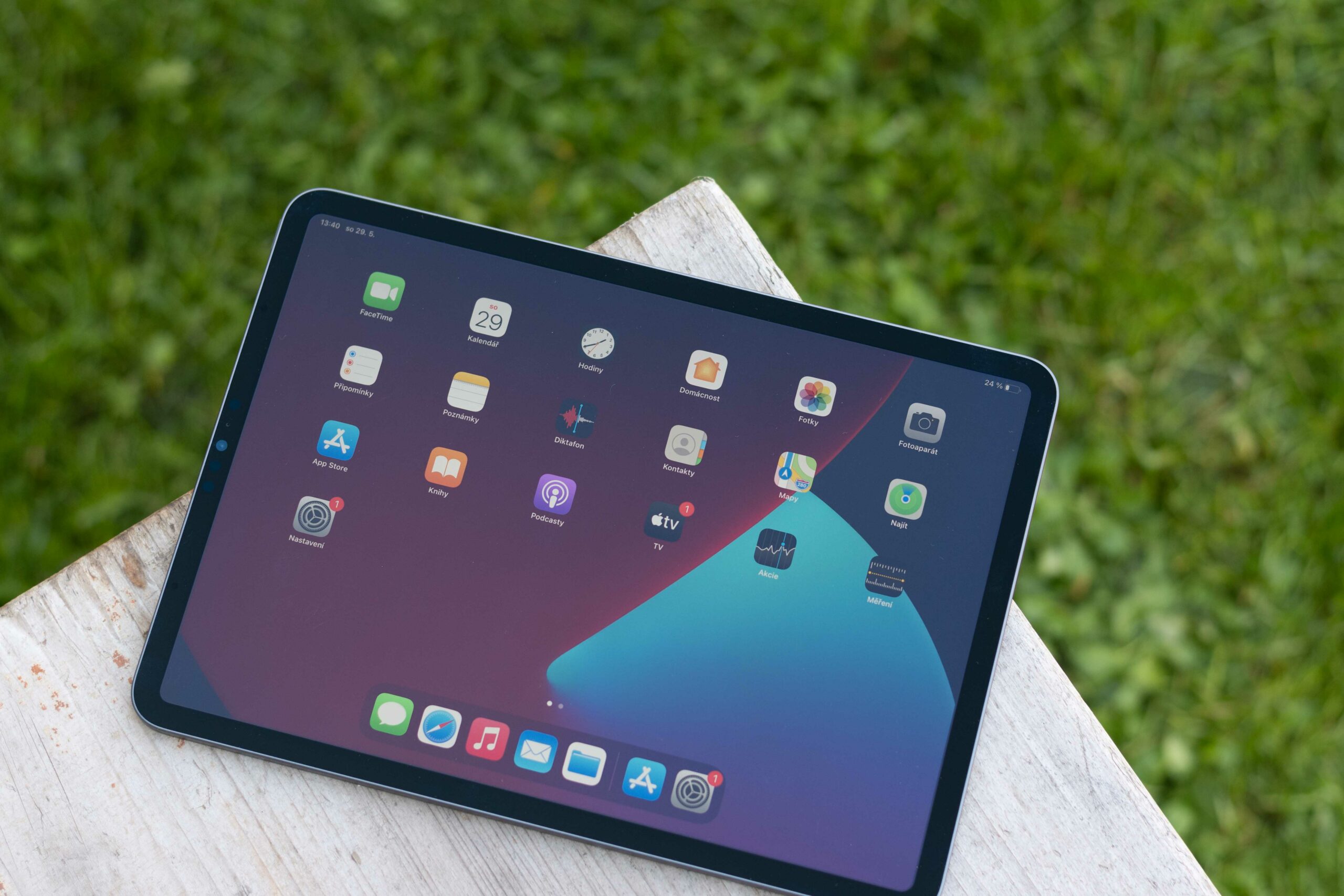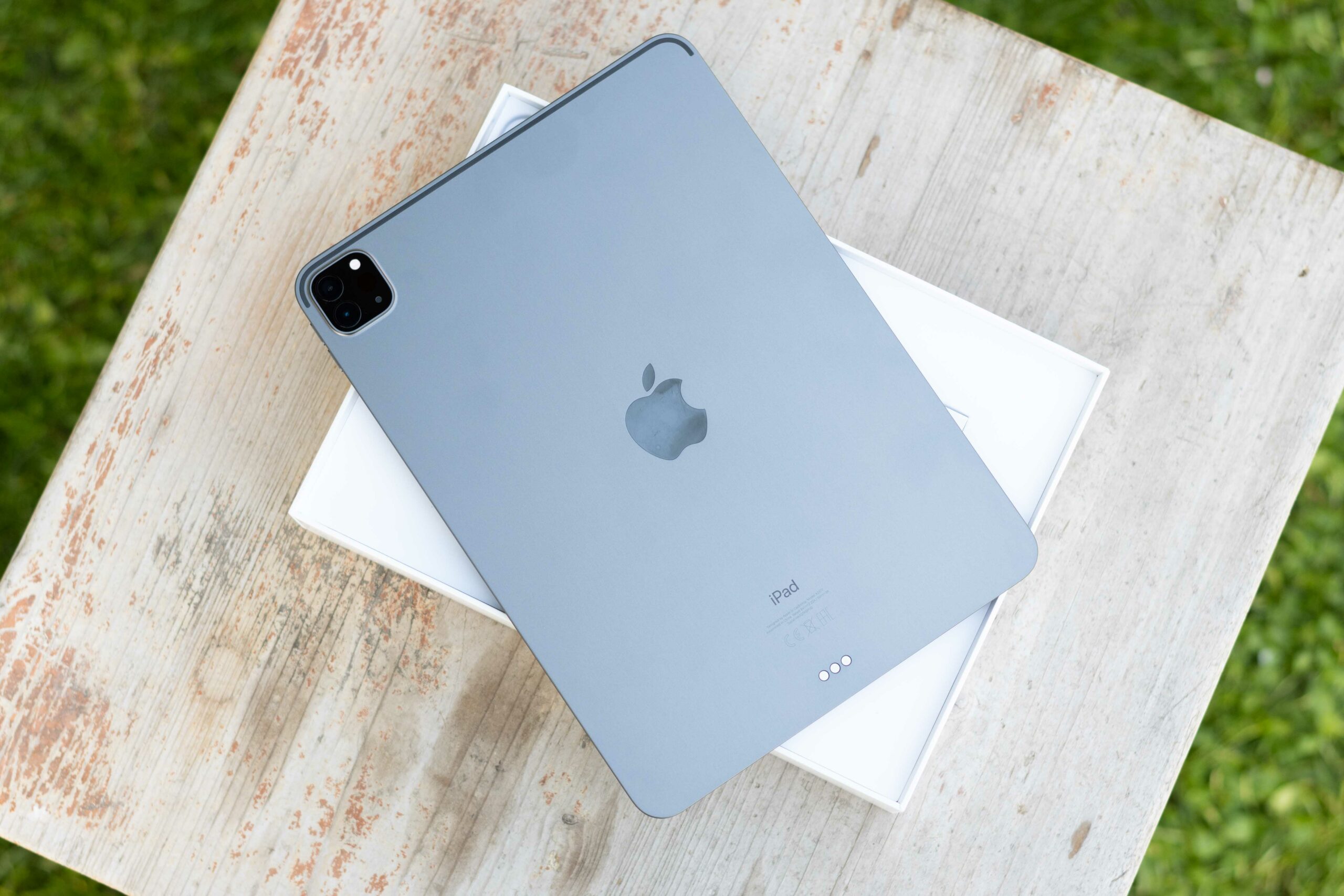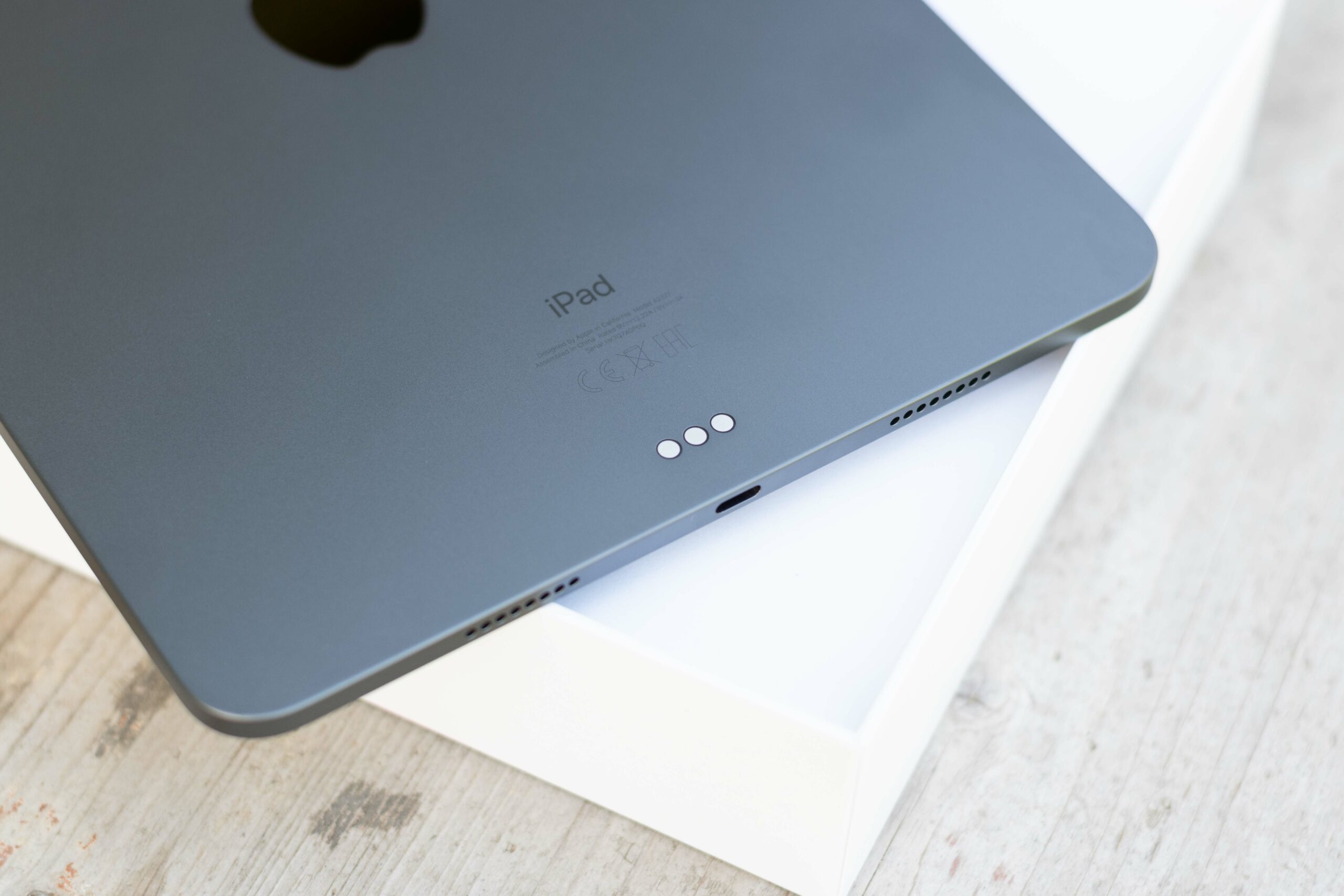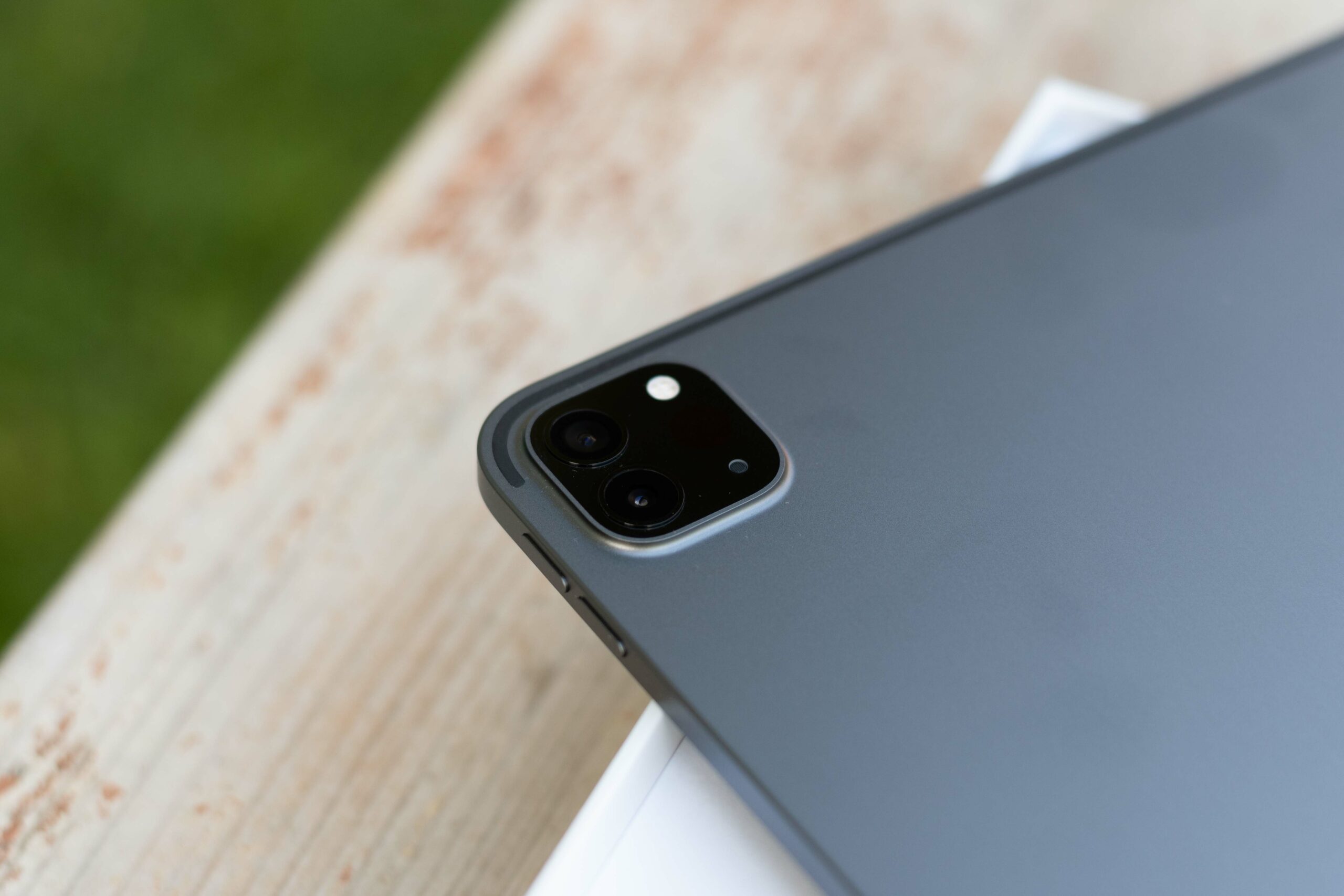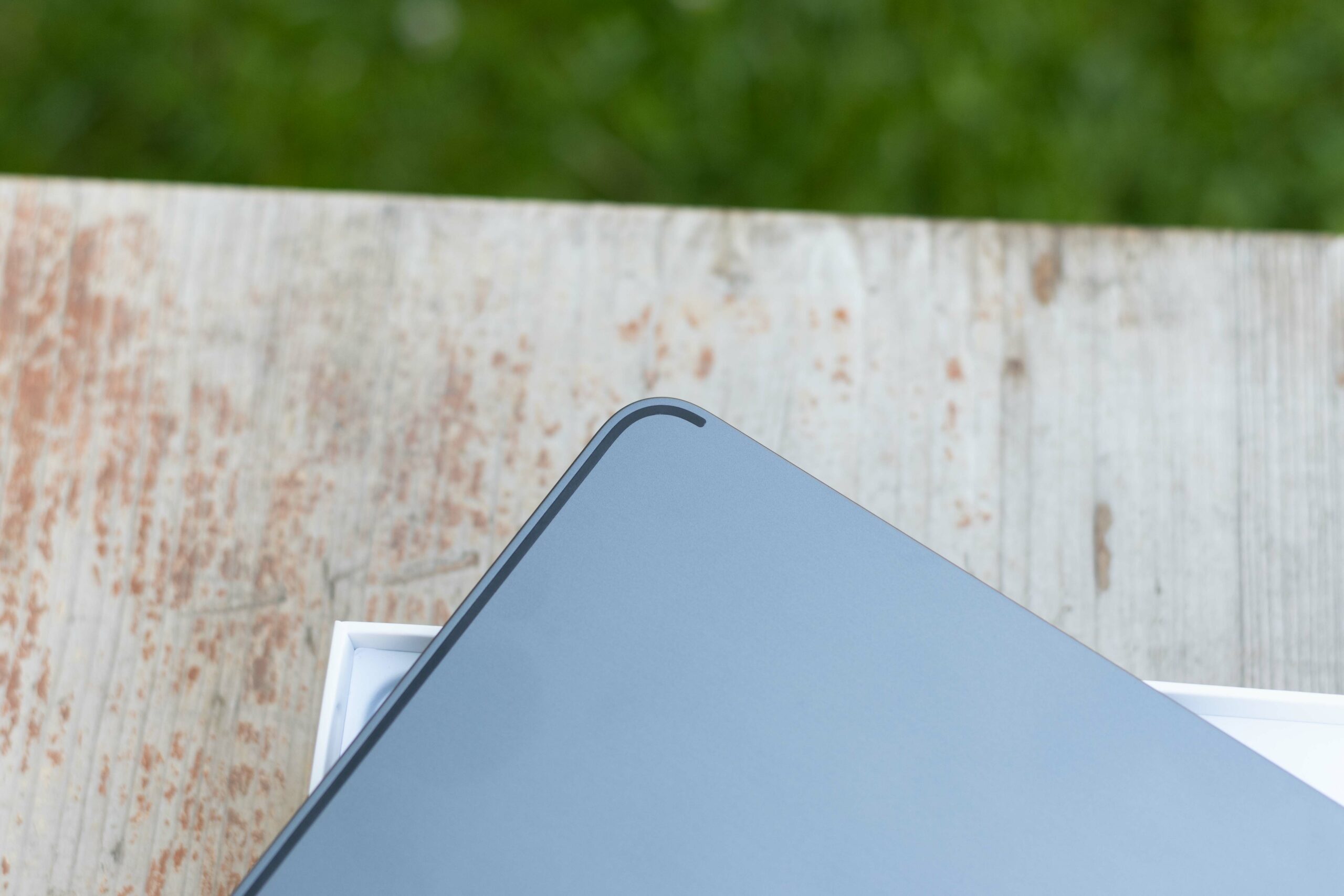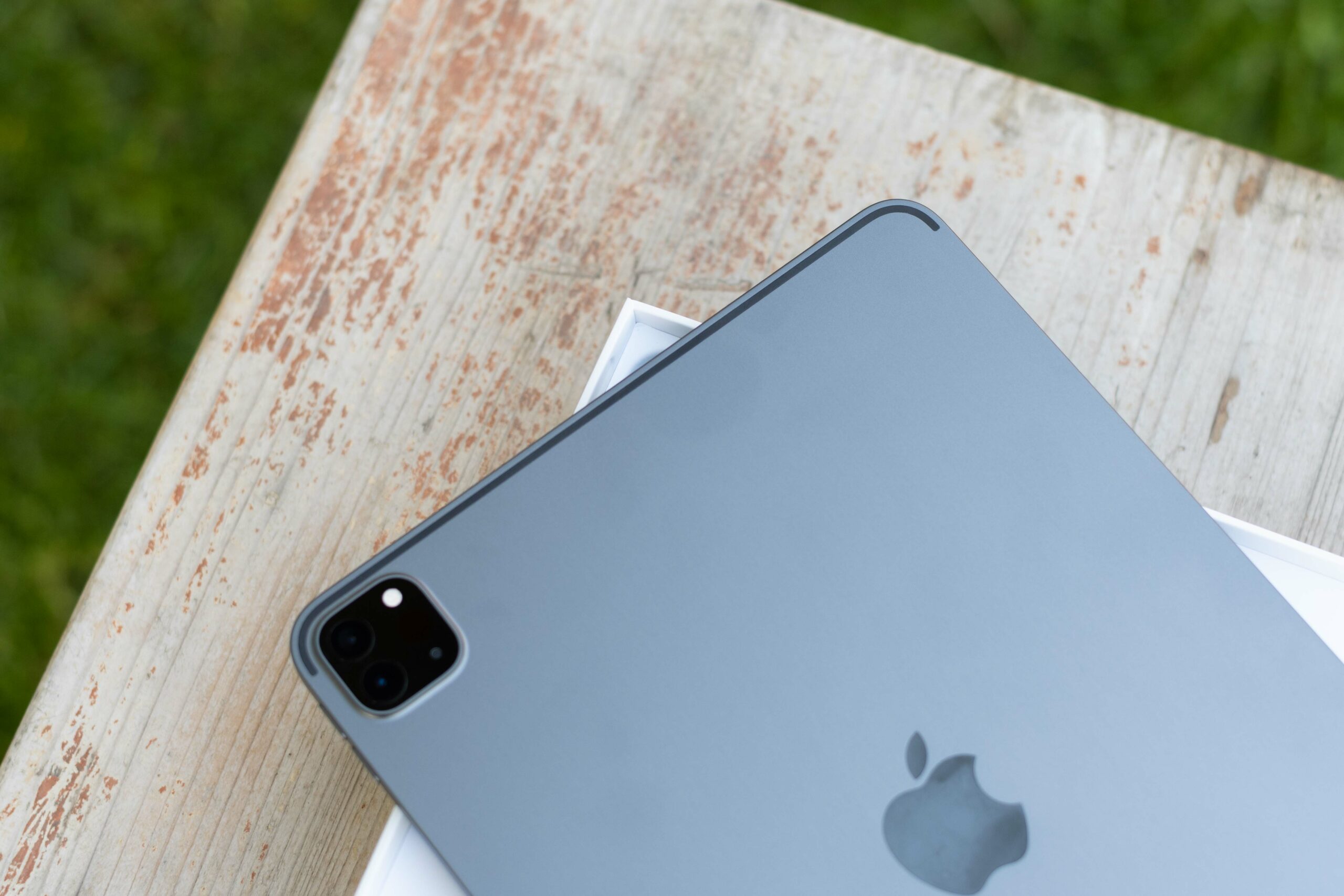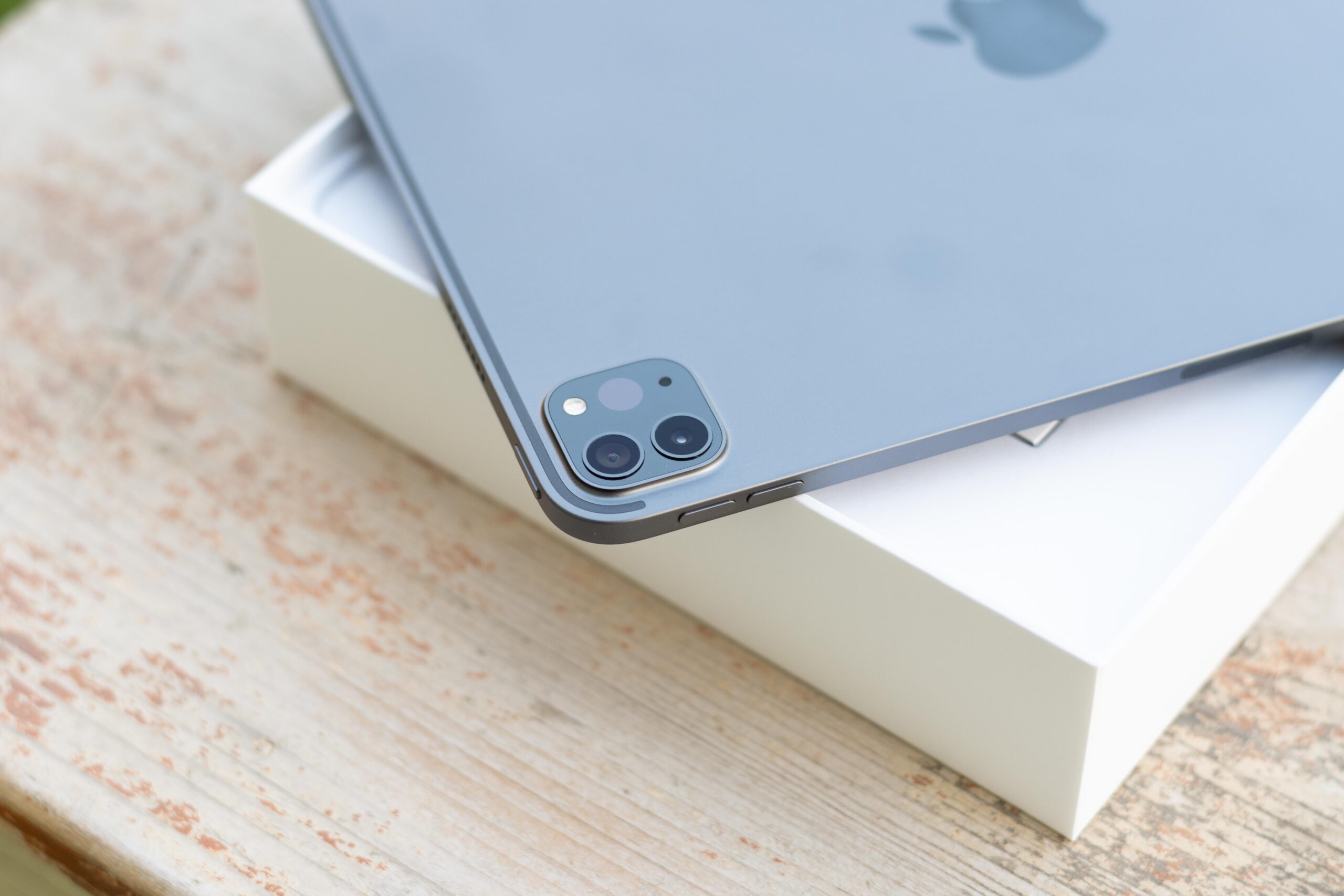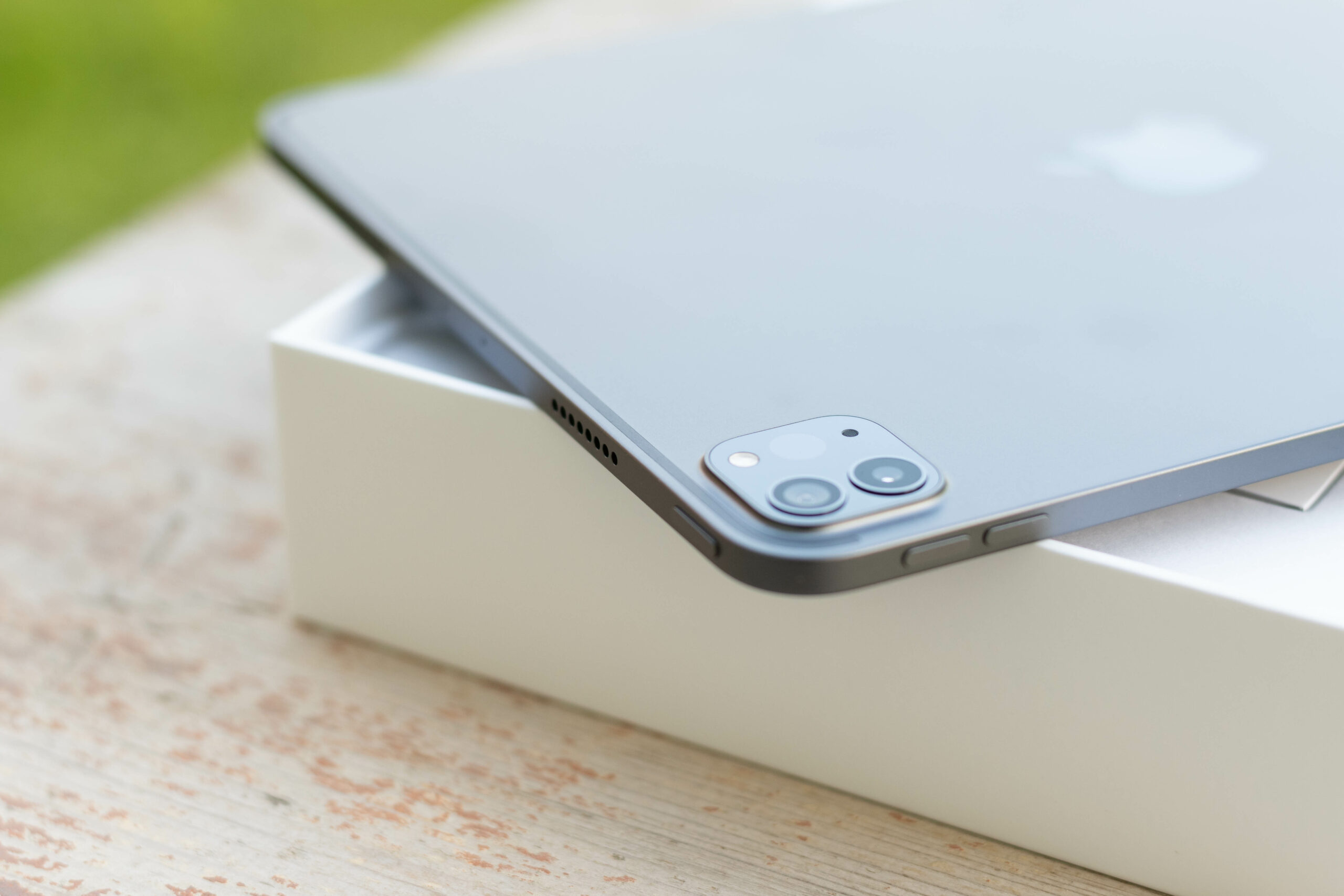Is the iPad the kind of device you can't imagine living without? Has the tablet segment become indispensable for you? If we simplify the situation a bit, it's actually bigger phones, or on the contrary, dumber laptops. And with the iPadOS updates, it looks like Apple knows this and yet doesn't want to change much here.
With tablets in general it is quite difficult. There are actually only a few of those with Android and they come out very randomly. Apple is at least a constant in this, although even with it one cannot be completely sure when and what it will present to us. But it is the market leader, because its iPads sell best in the field of tablets, but even then they are currently relatively poor. After the covid boom came a cruel sobering up and the market is falling unstoppably. People no longer have a reason to buy tablets - either they already have them at home, they don't have the finances for them, or in the end they don't need them at all, because both phones and computers will replace them.
iPadOS is still a young system
Originally, iPhones and iPads ran on the same operating system, i.e. iOS, although Apple added a little more functionality to iPads in view of their larger display. But it was at WWDC 2019 that Apple announced iPadOS 13, which would replace iOS 12 on its tablets in the future. As time went by, the iOS variant for iPads included a growing set of differentiating features that were more like the world of macOS than iOS, so Apple these separated the worlds. Even so, it is true that they are very similar, which of course also applies to functions and options.
One would say that the functions that are available for the iPhone should also be available on the iPad. But that's not quite the case. In recent years, it has become such an unpleasant tradition that iPadOS receives news from iOS only a year after the system intended for iPhones comes with them. But why is that so? At first glance, it looks like Apple doesn't really know where to direct iPadOS, whether to keep it together with iOS or, on the contrary, bring it closer to the desktop, i.e. macOS. The current iPadOS is neither, and it is a special hybrid that may or may not suit you.
It could be interest you
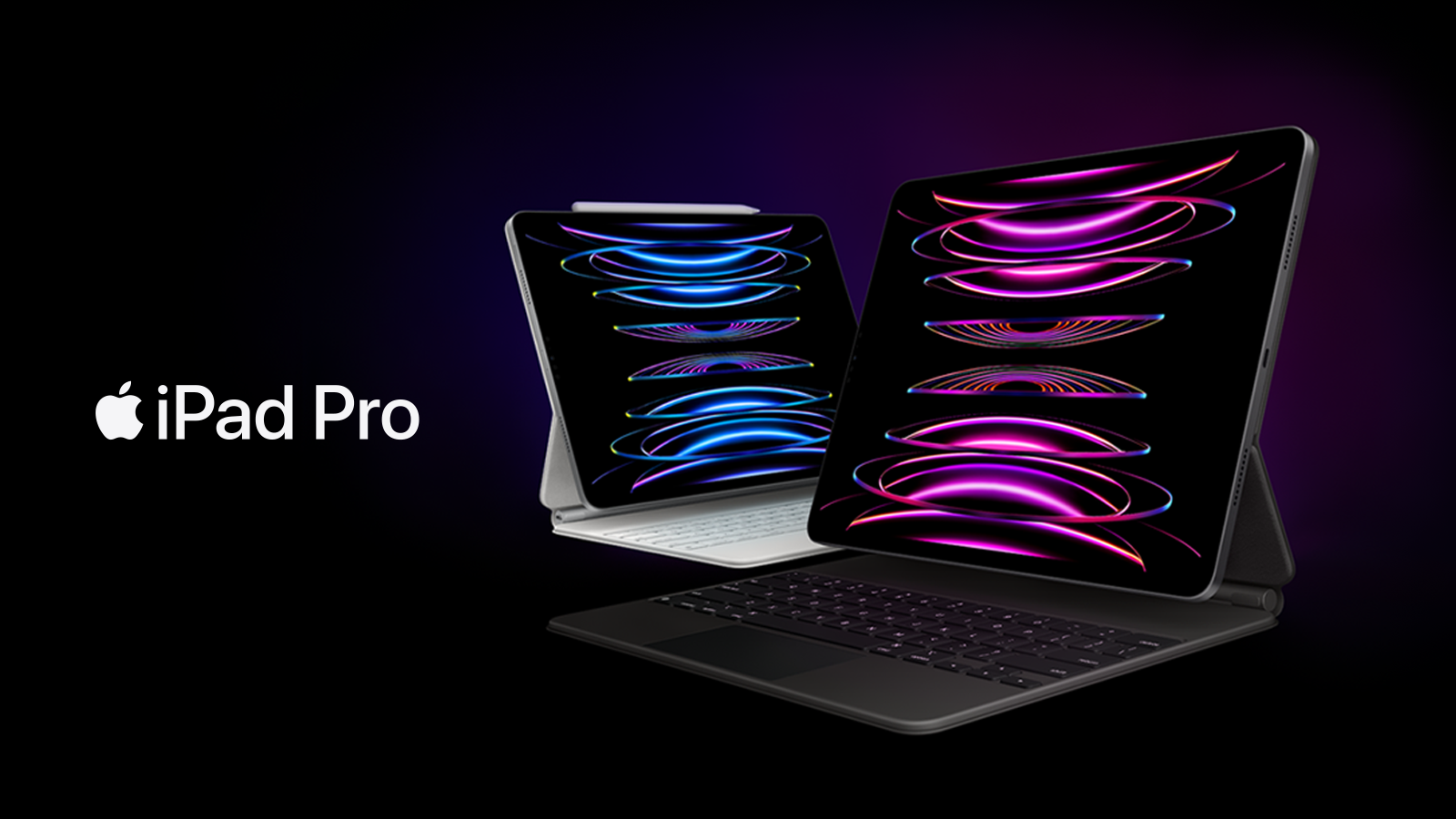
It's time for change
The presentation of iPadOS 17 will of course be made as part of WWDC23 at the beginning of June. Now we have learned that this system should bring the biggest news of iOS 16, which for some unknown reason was only available on iPhones. This is, of course, lock screen editing. It will actually be a 1:1 conversion just tuned for a larger display. So another question arises, why didn't we see this innovation on iPads last year?
Perhaps simply because Apple is testing it on iPhones first, and also because it simply has no news to bring to iPads. But we don't know if we will see Live Activities, perhaps in a future update so that something "new" comes again. With this approach alone, Apple is not exactly adding to this segment either. But that's not all. The Health application, which has been a part of iOS for so many years, should also arrive on iPads. But is it even necessary? To have something written in the description of the update, of course yes. In this case, Apple actually just needs to debug the application for the large display and it's done.
Four years of iPadOS existence clearly shows that there is not much room to push it. If Apple wants to hold the segment and not completely bury it, it should back off its claims and finally clearly penetrate the world of iPads and Macs. After all, iPads have the same chips as Apple computers, so this shouldn't be a problem. Let iPadOs be kept for the basic series, and finally offer more of its adult operating system to new machines (Air, Pro) with a new generation of its own chips.
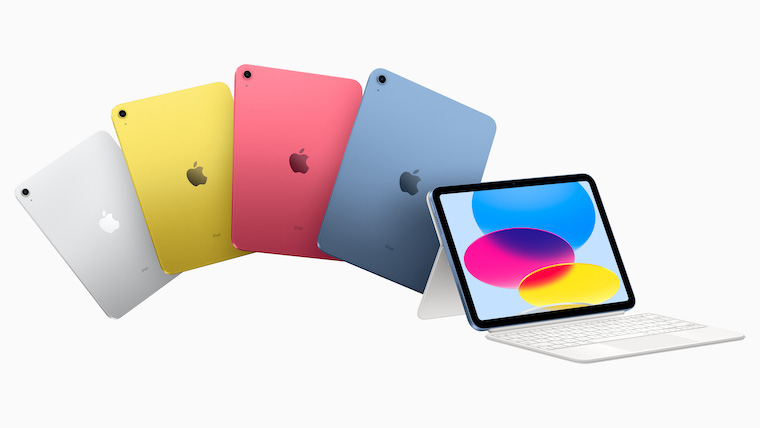
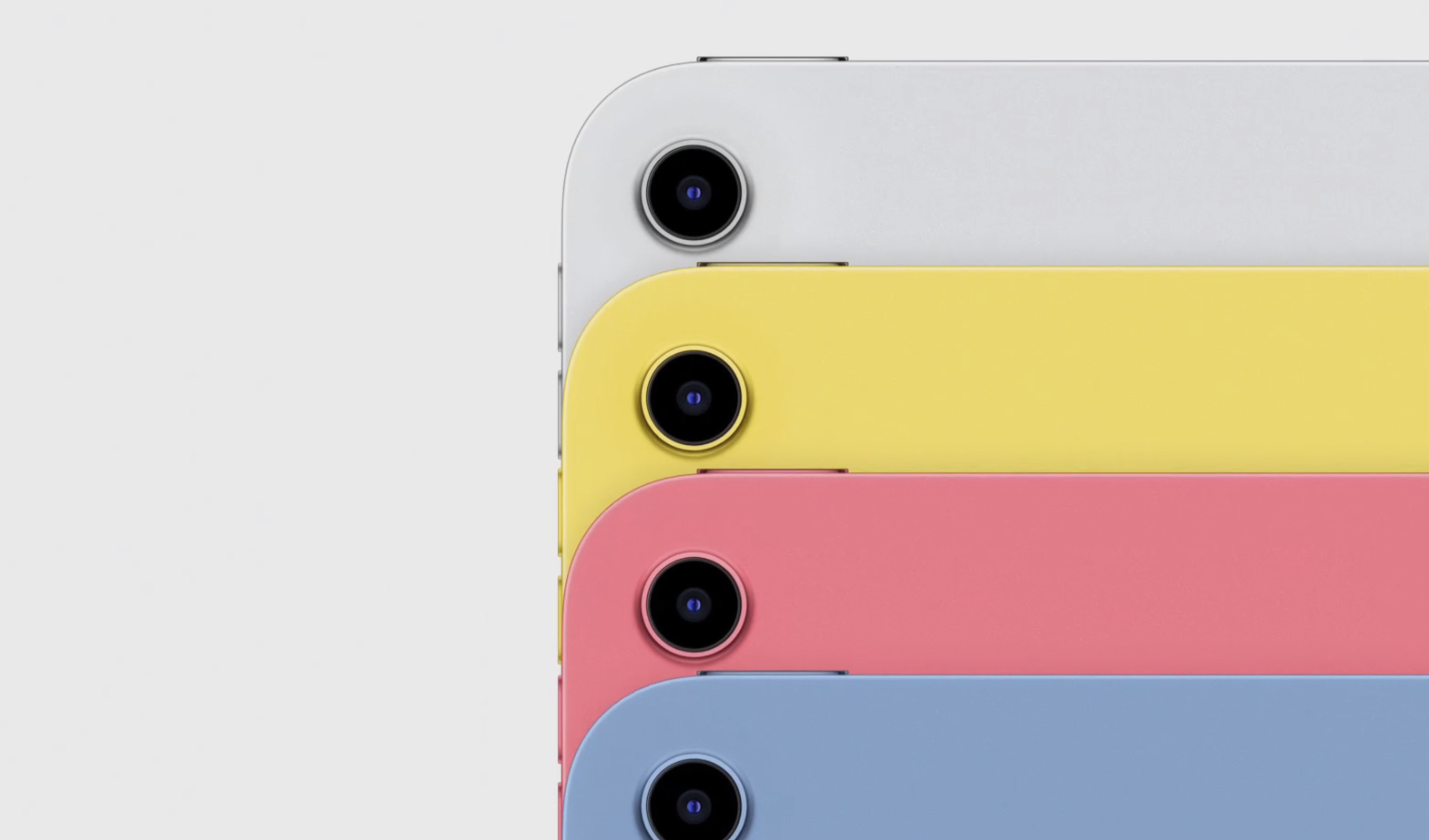
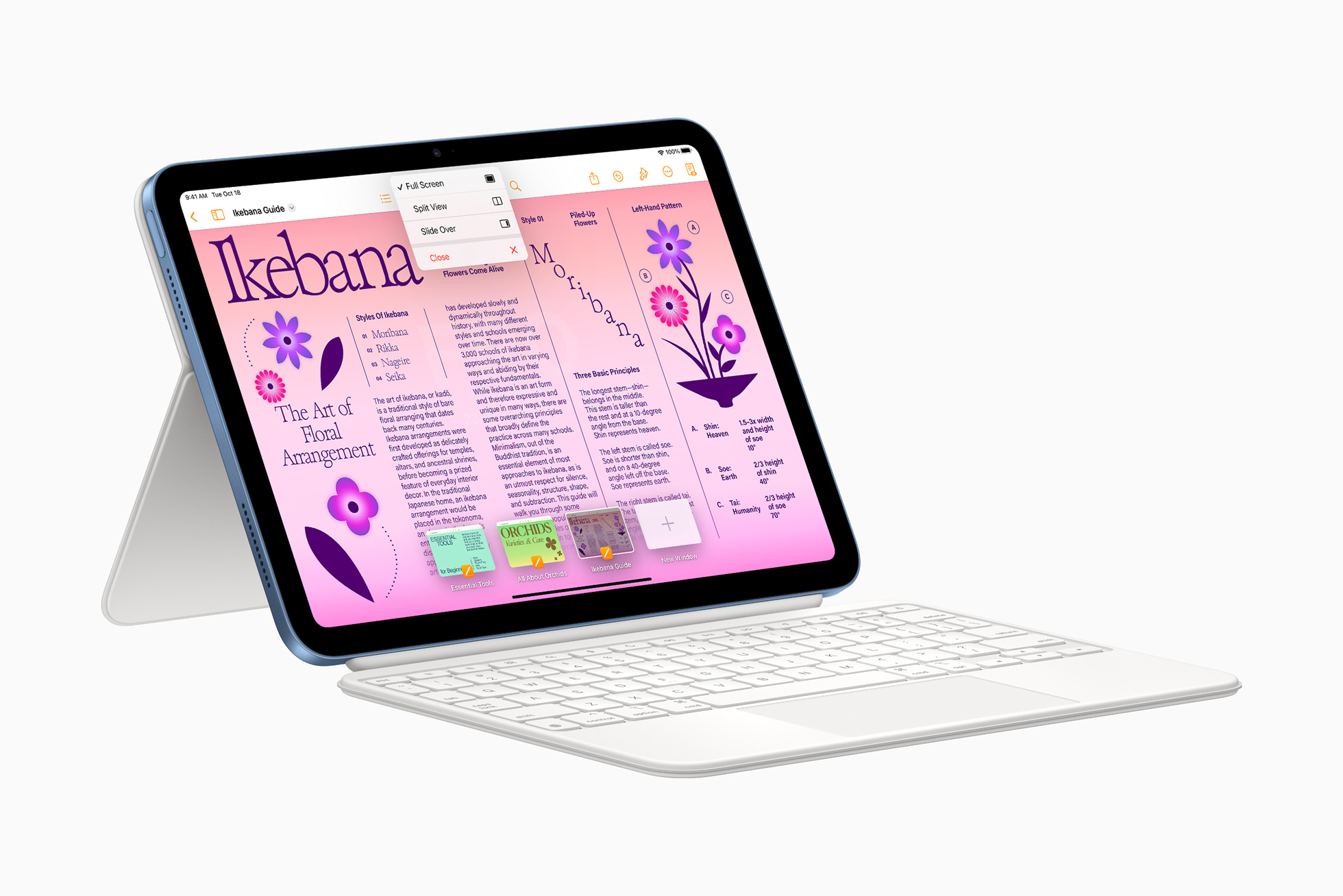

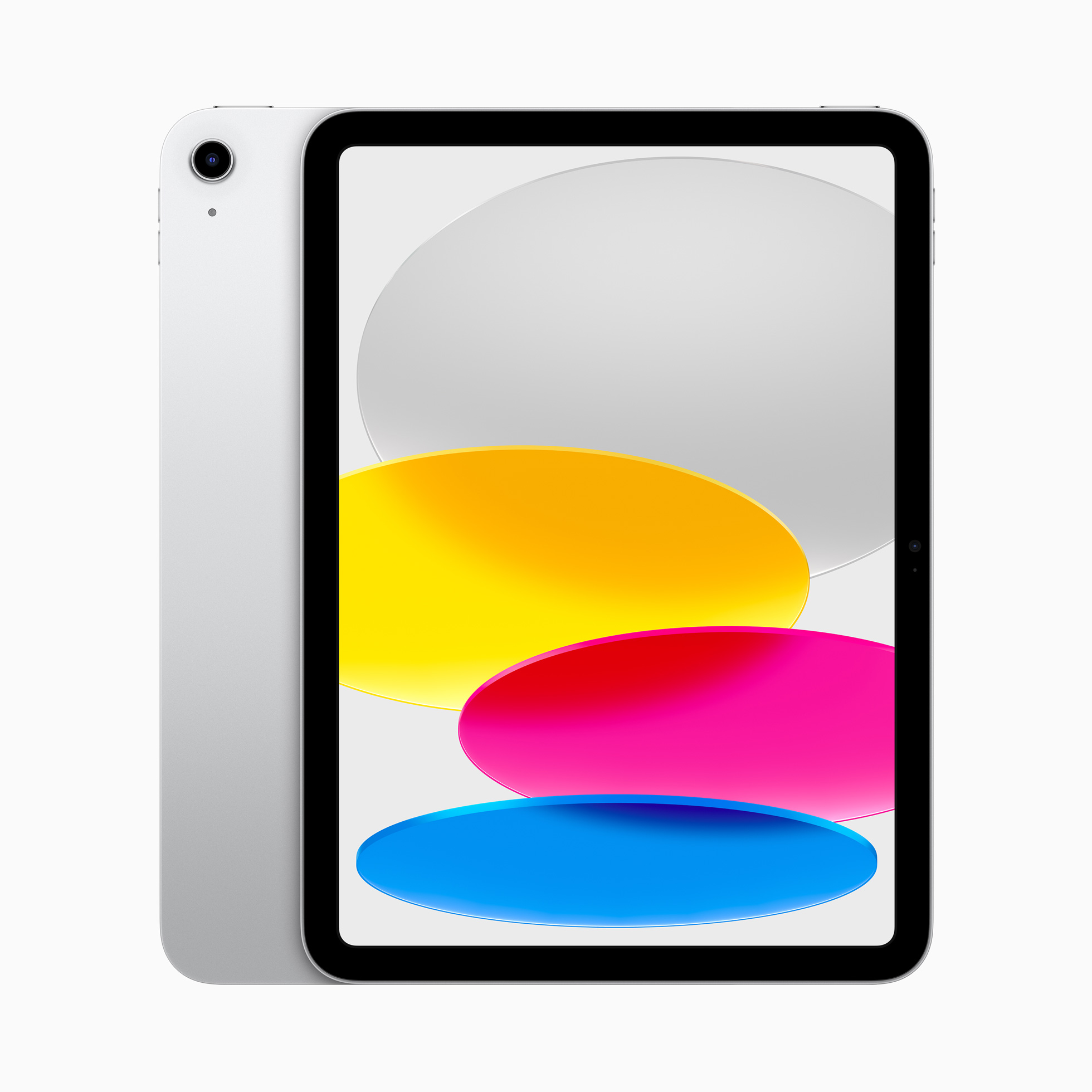
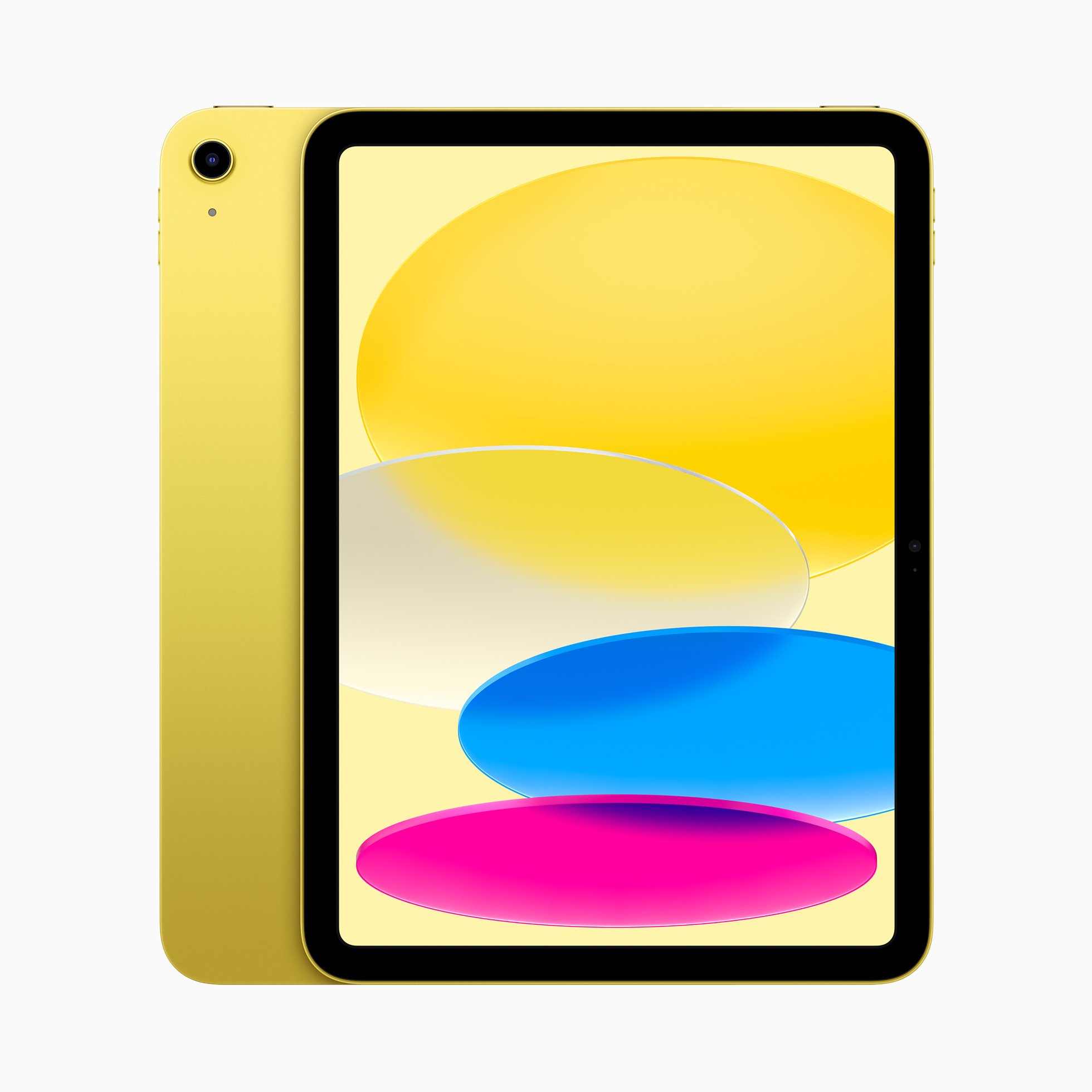
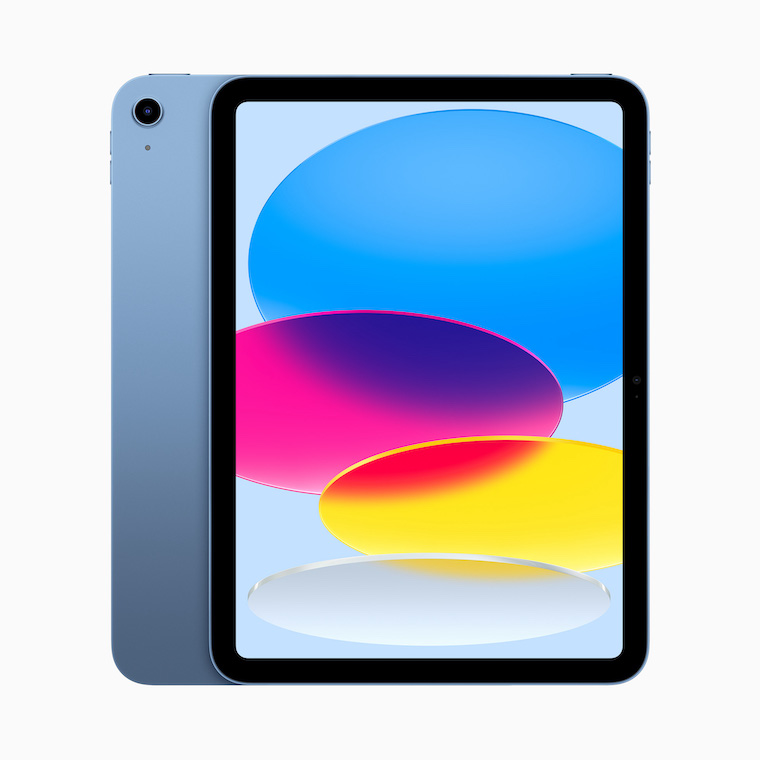
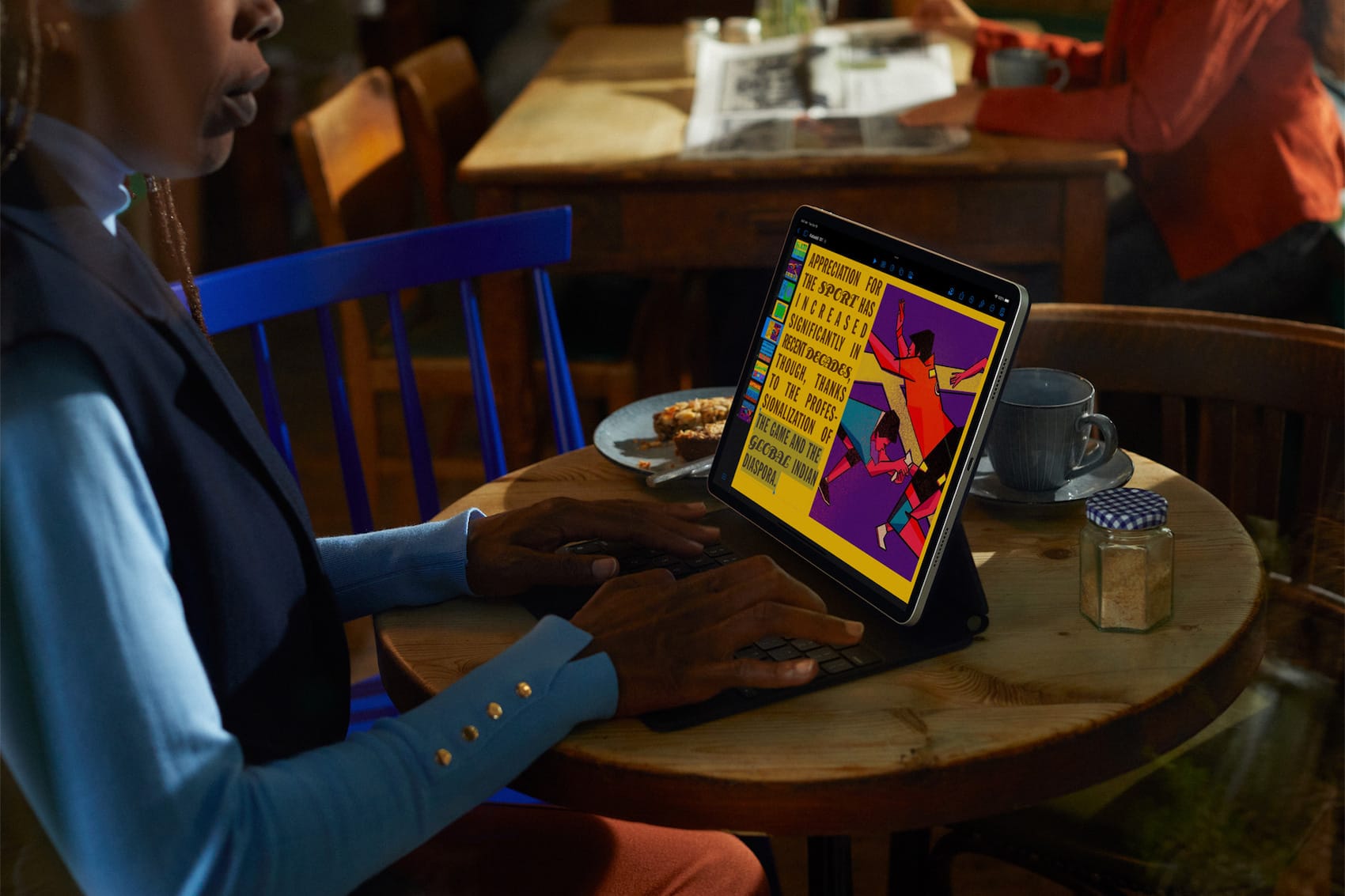
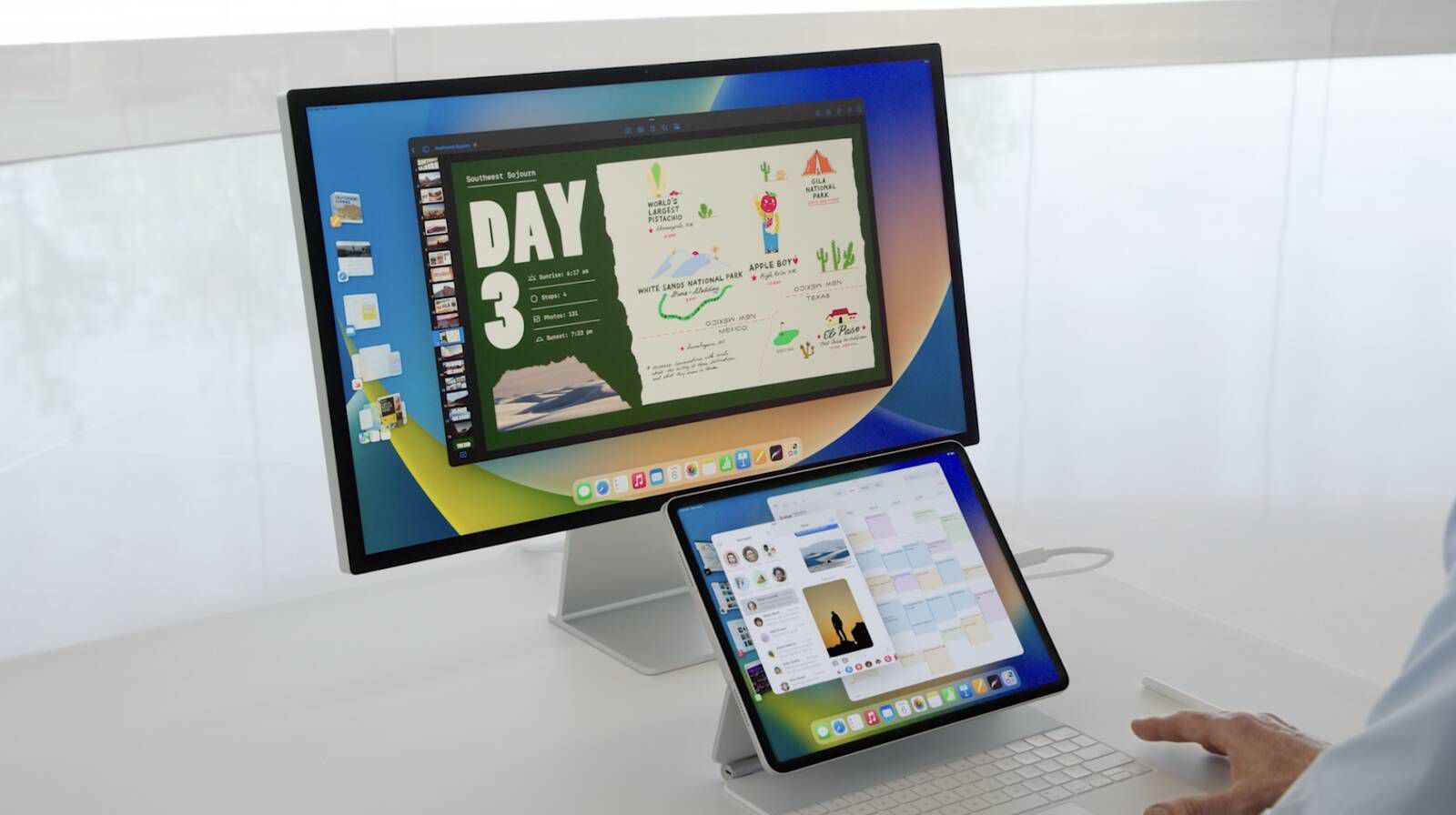
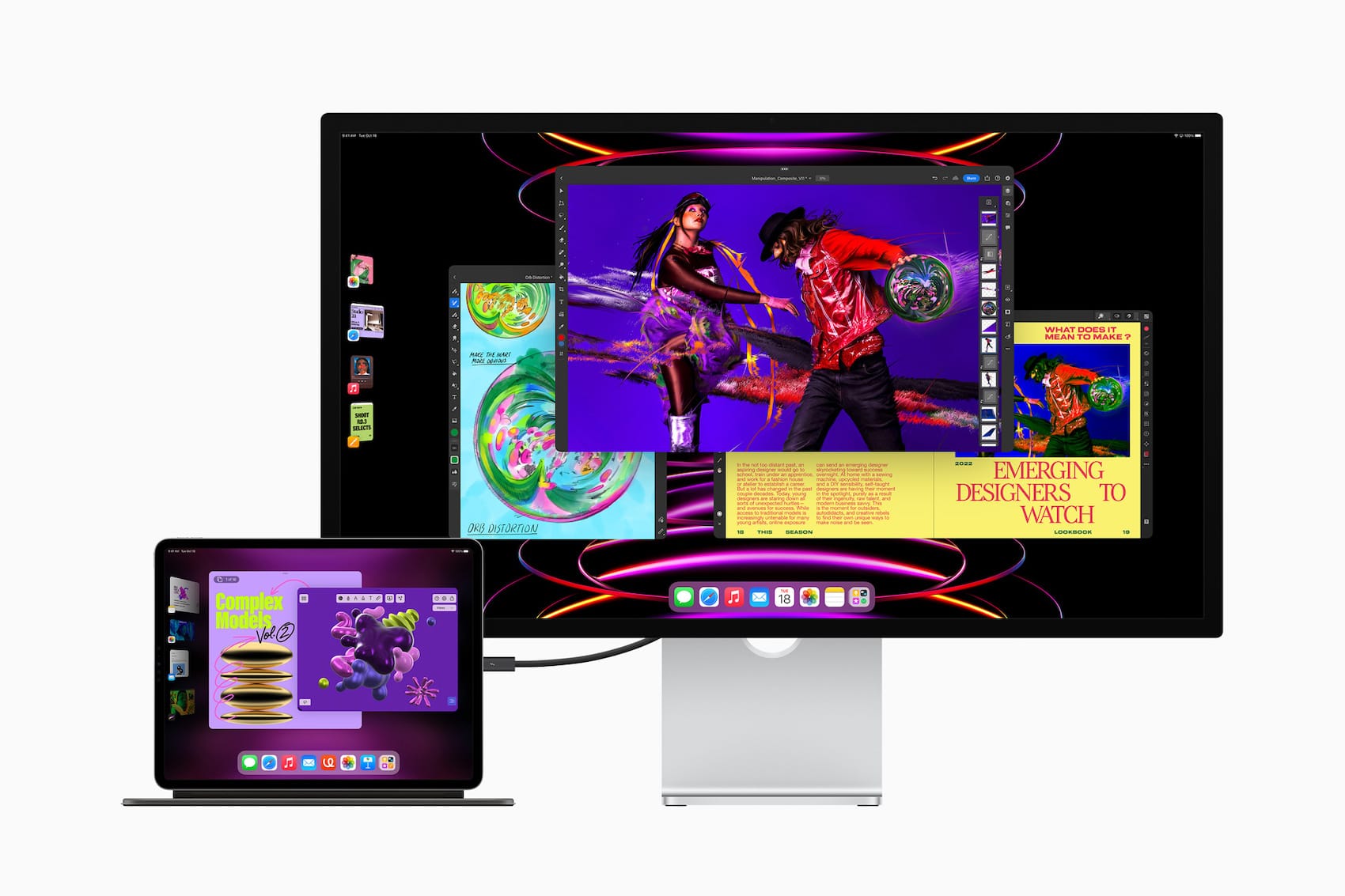
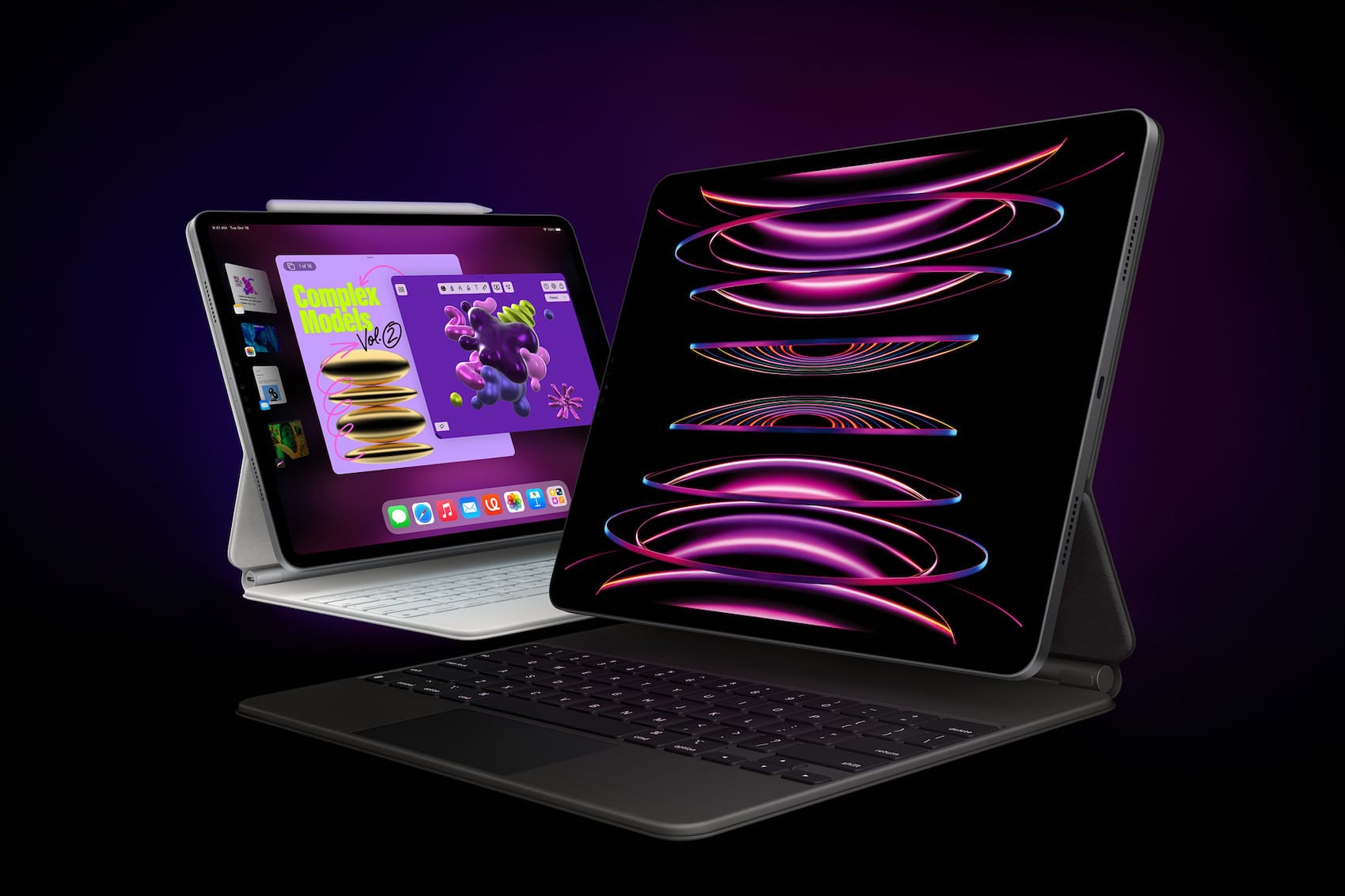
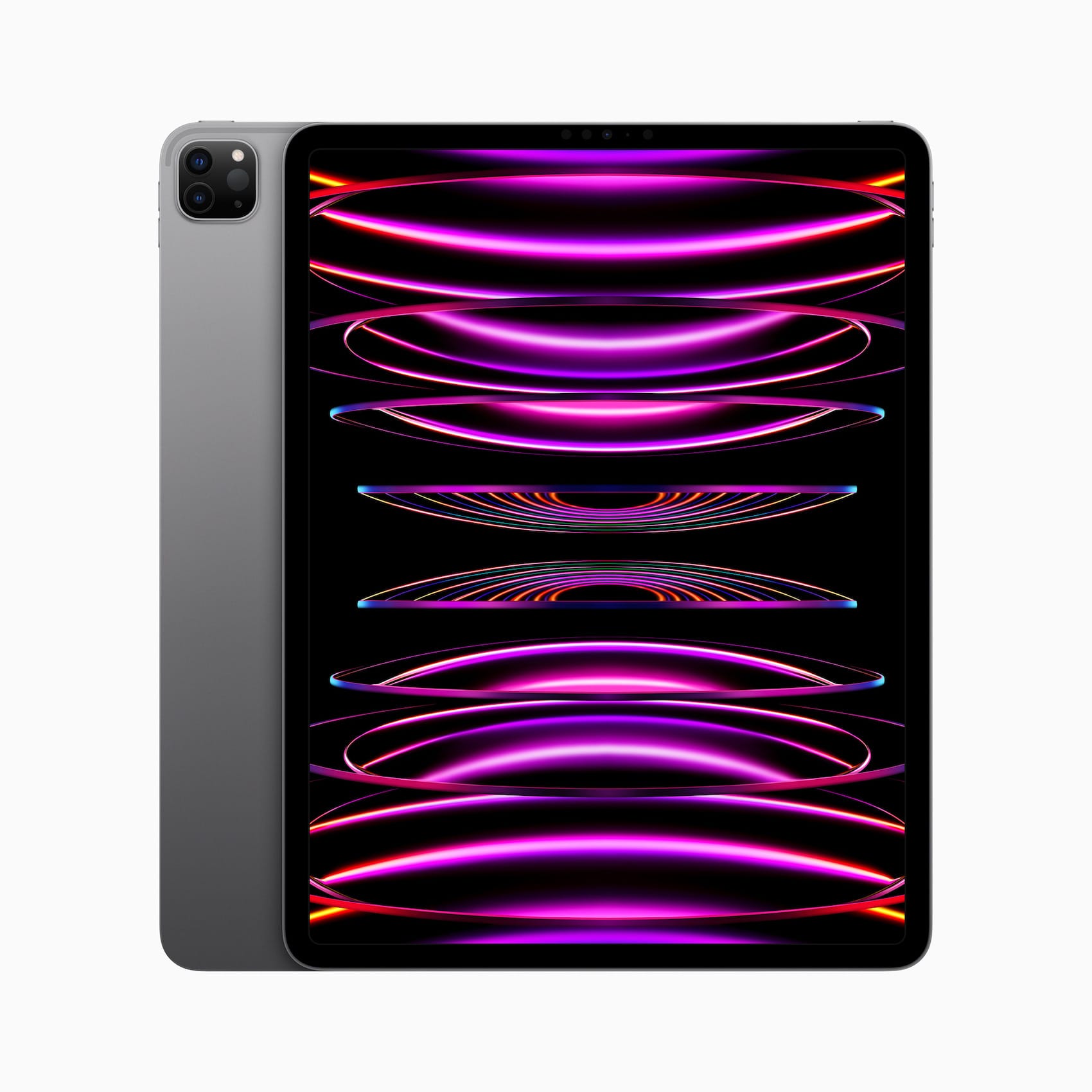

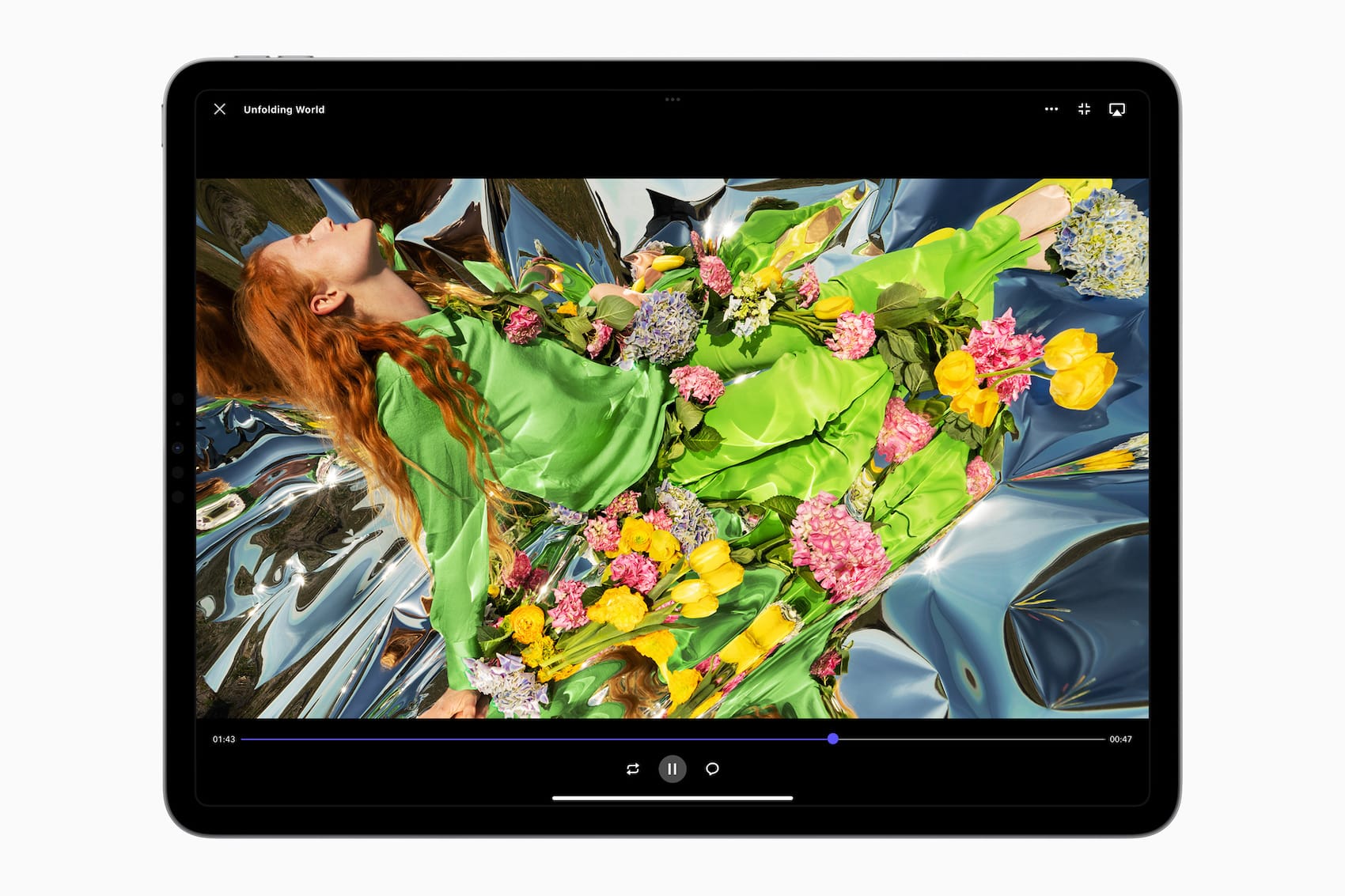
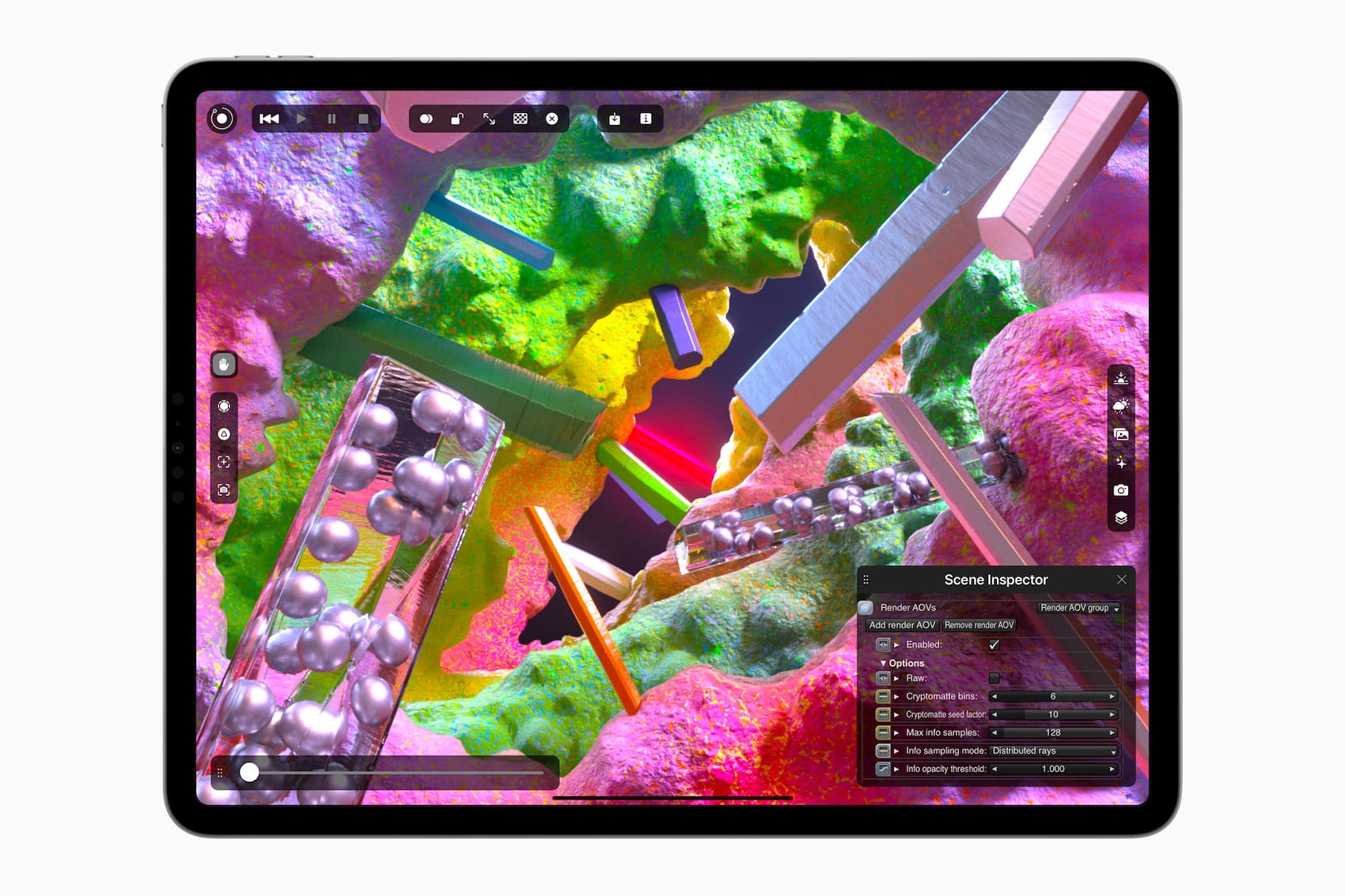
 Adam Kos
Adam Kos 